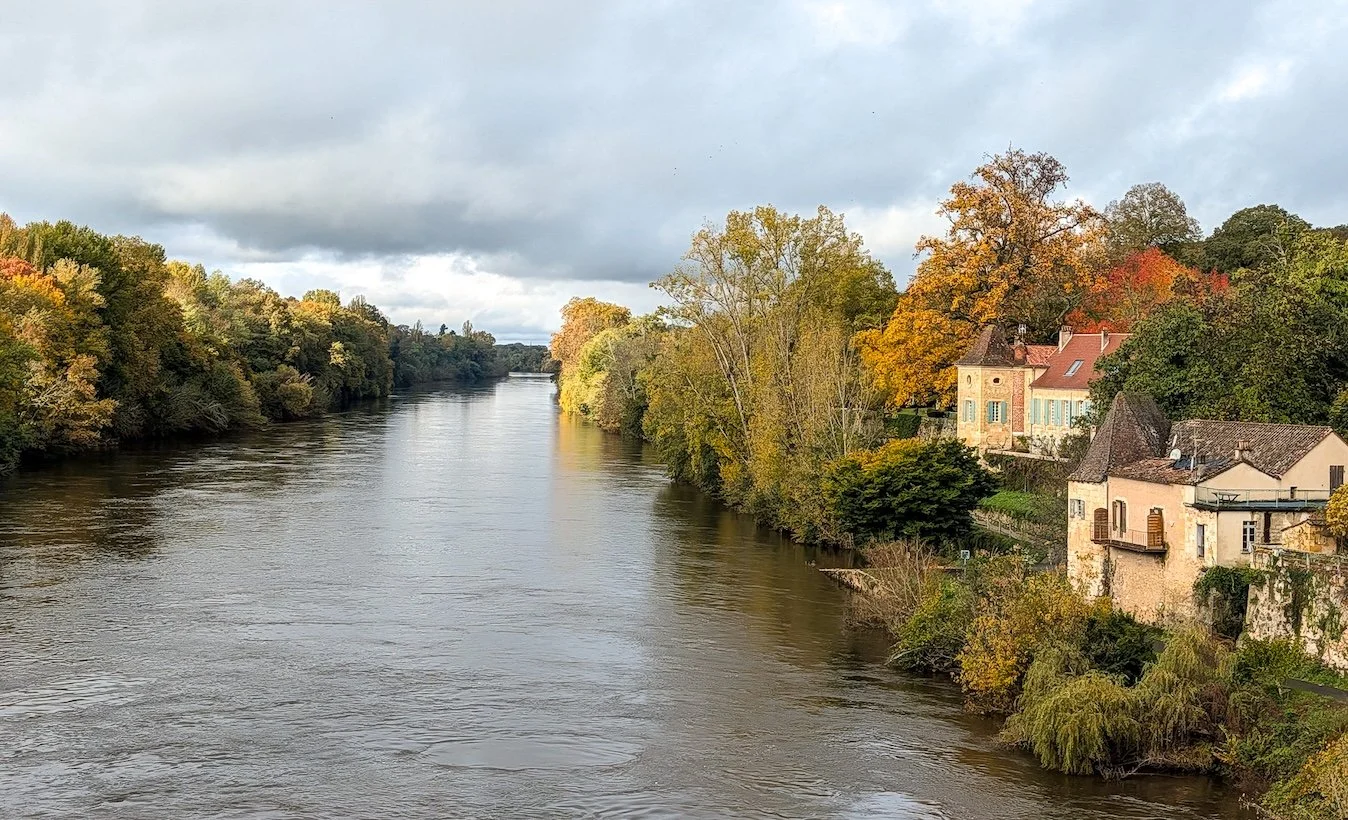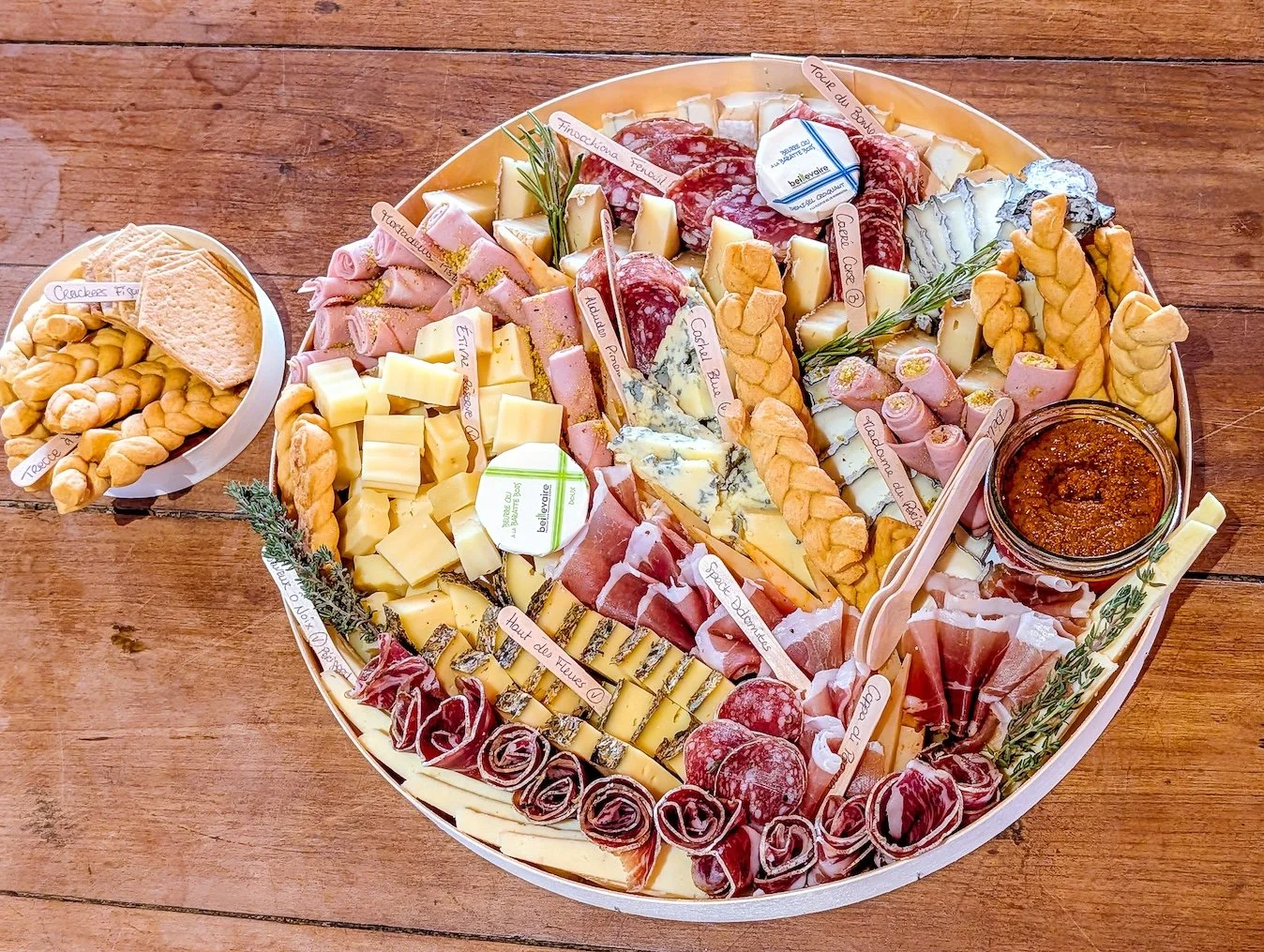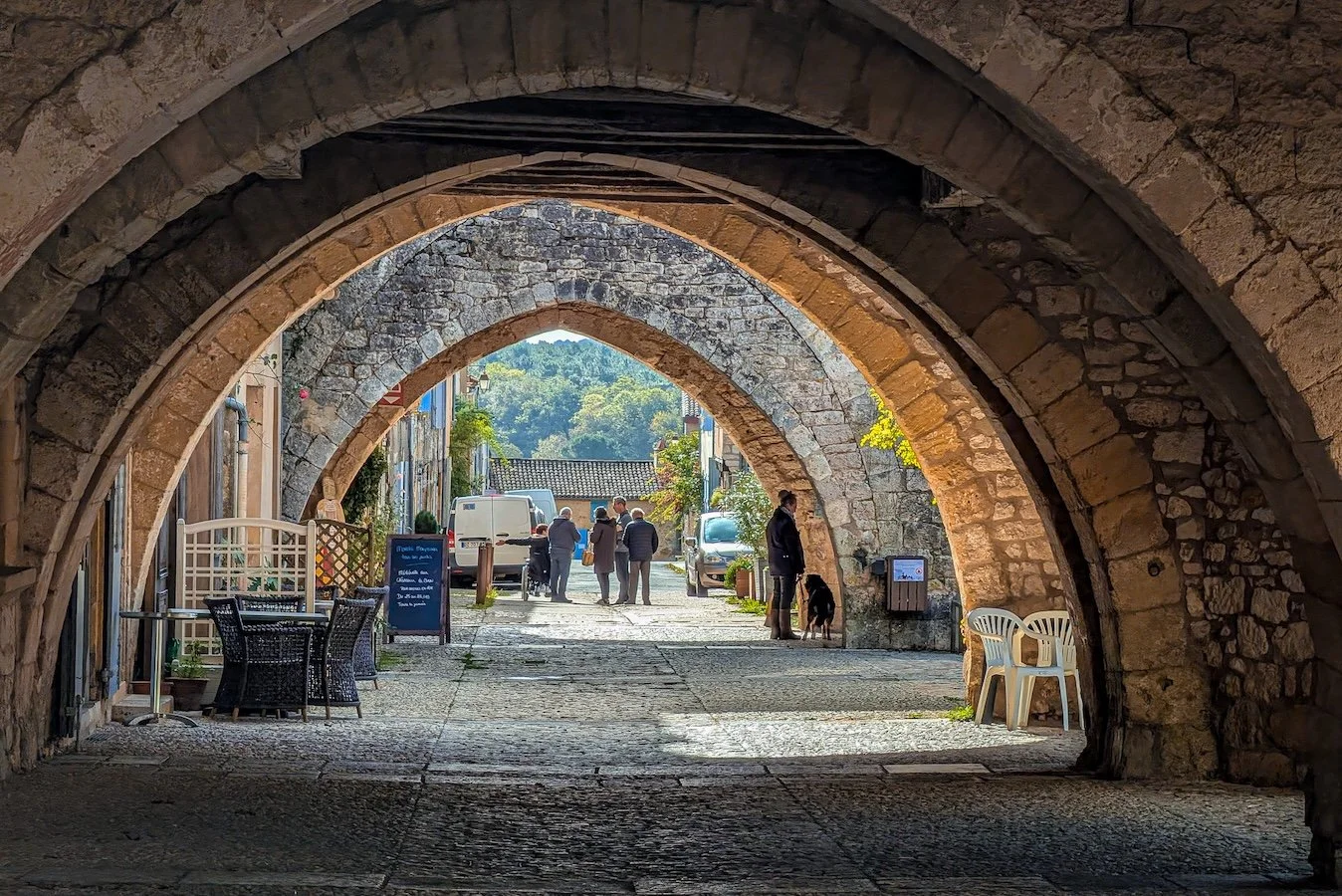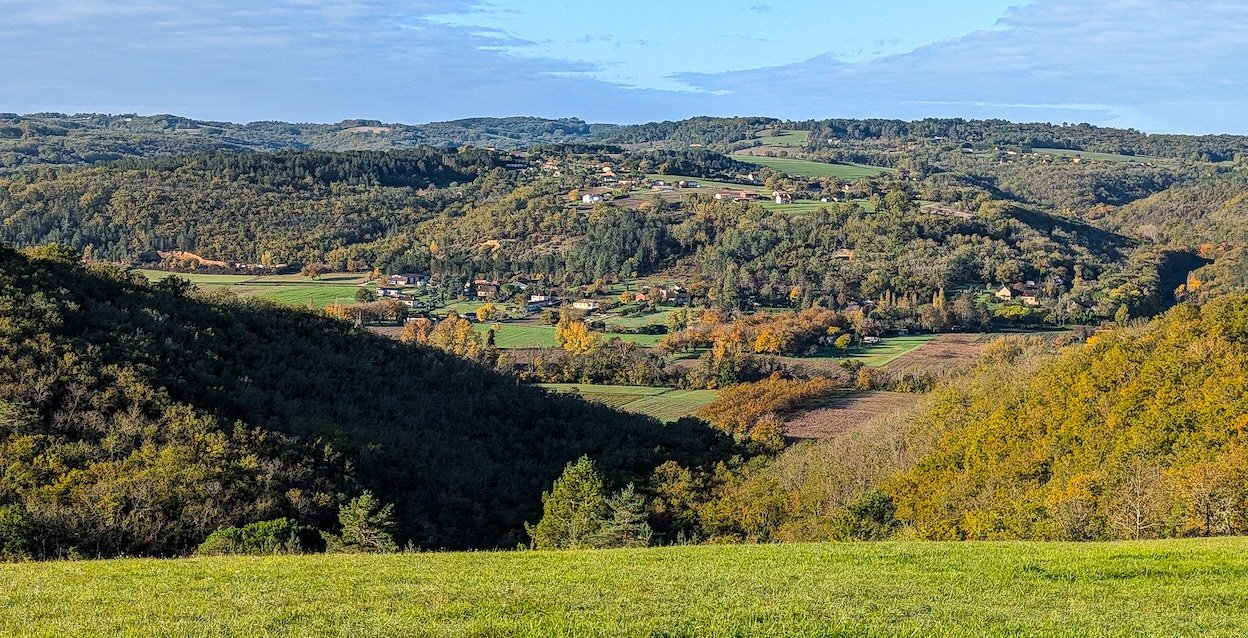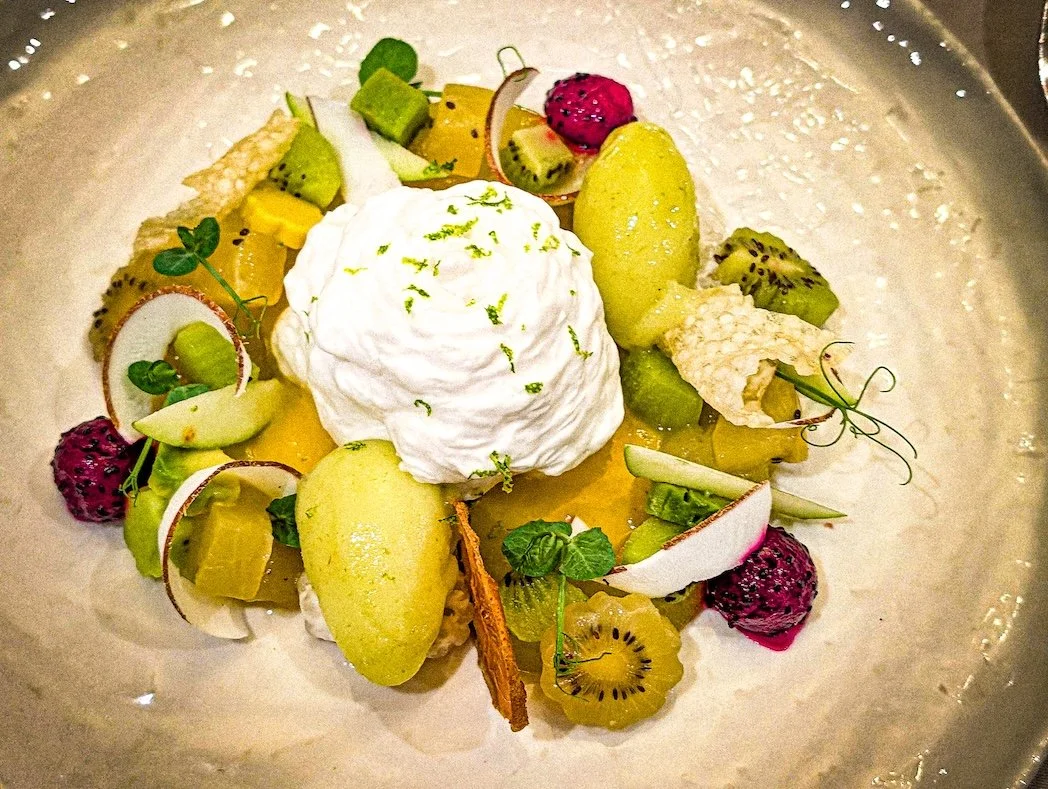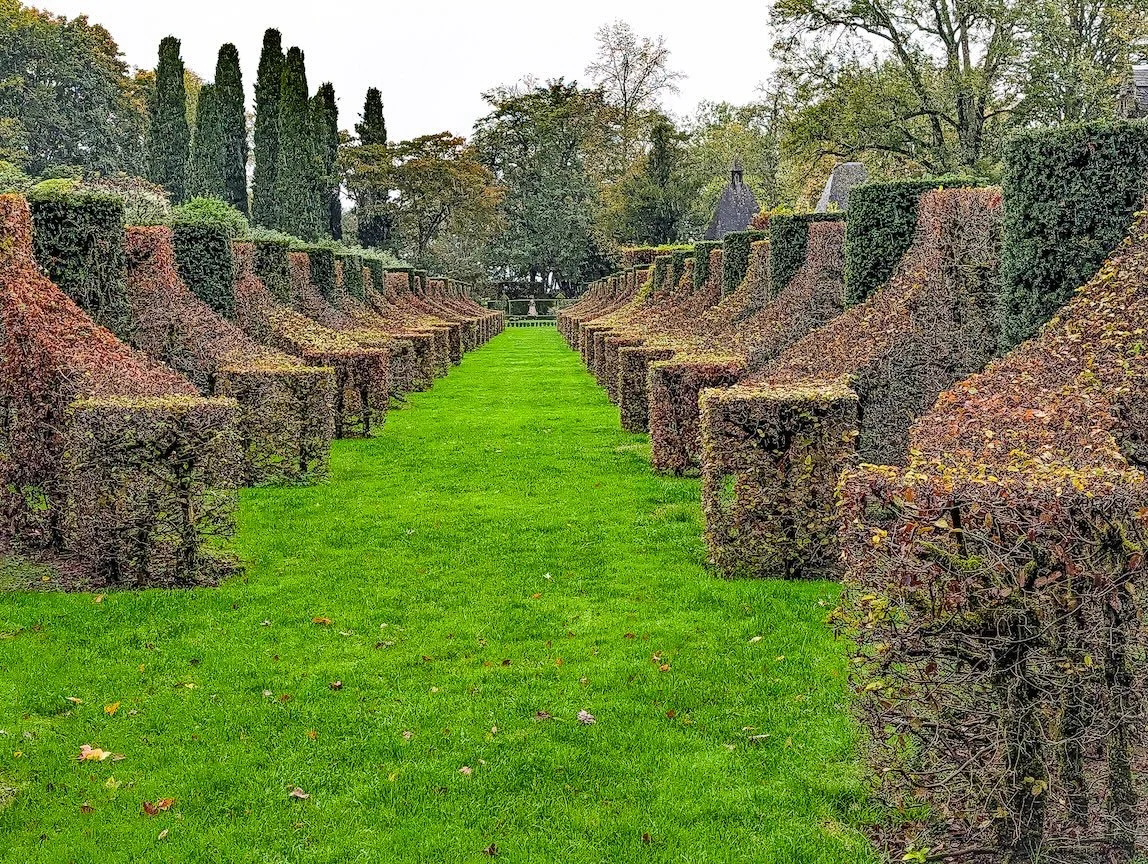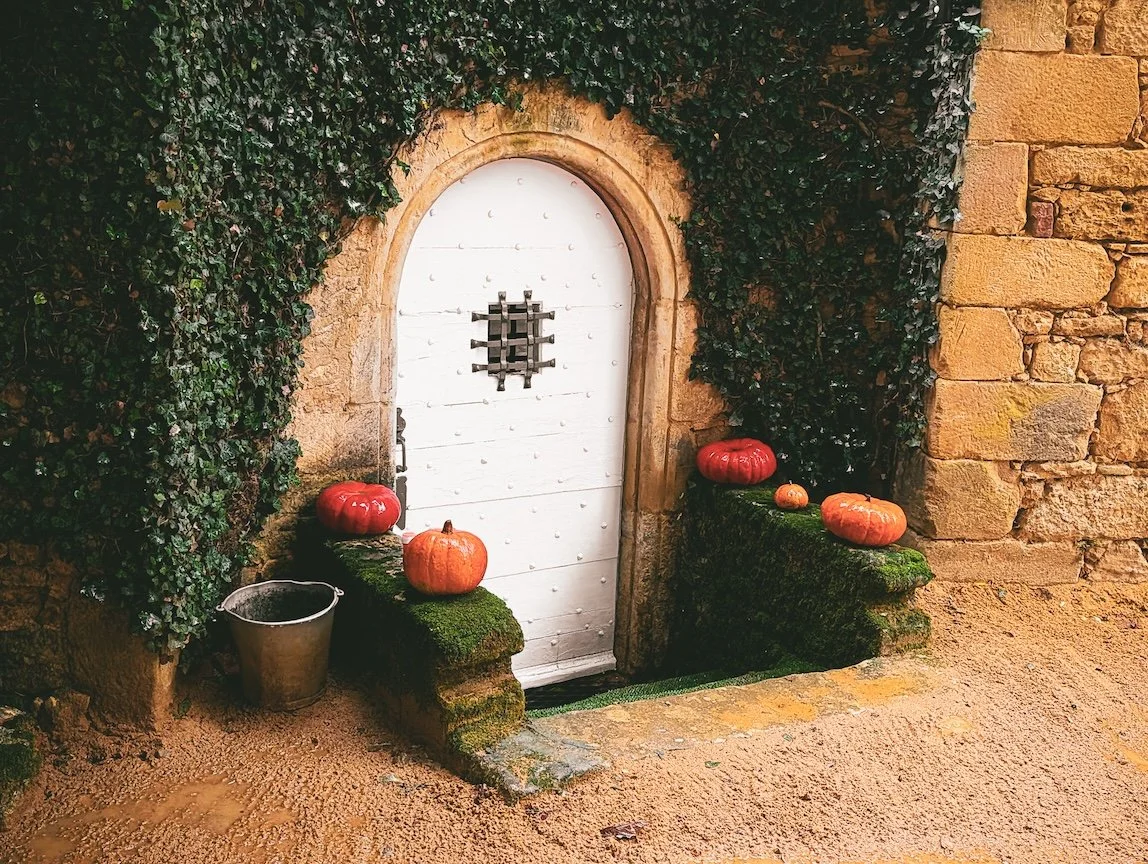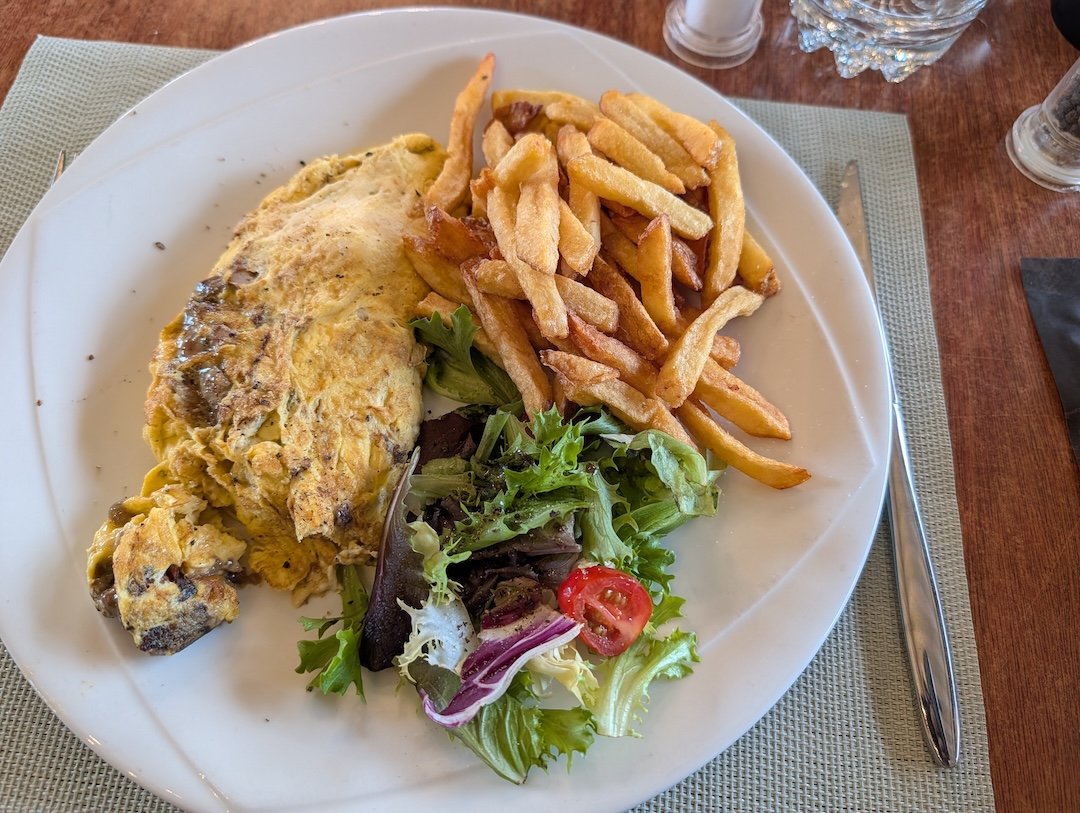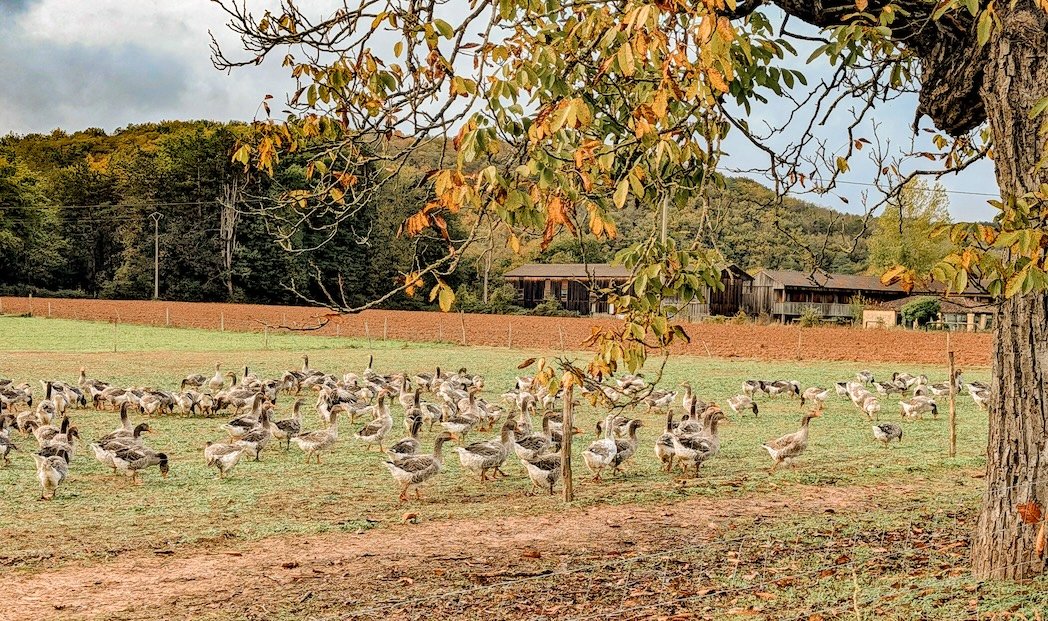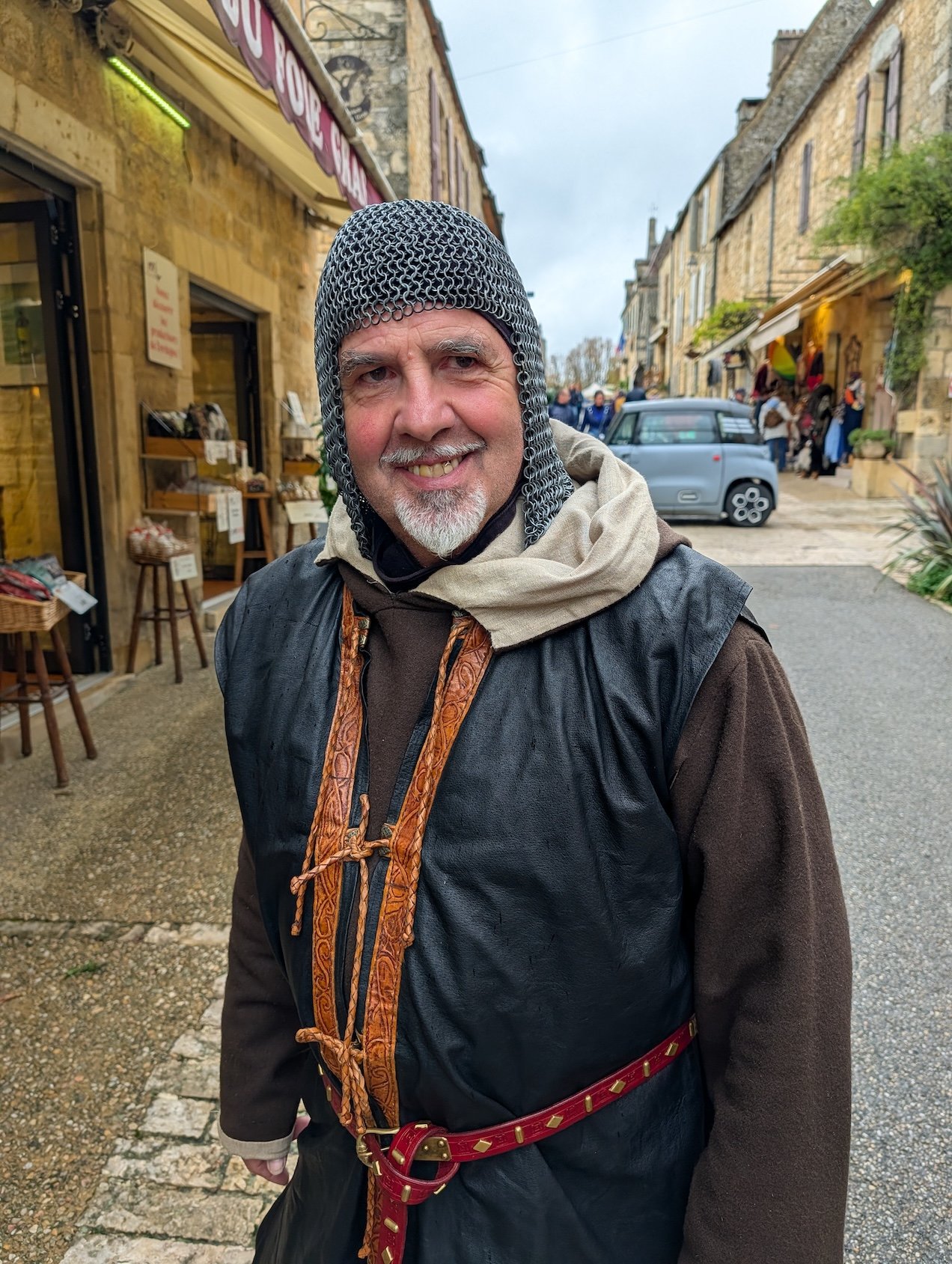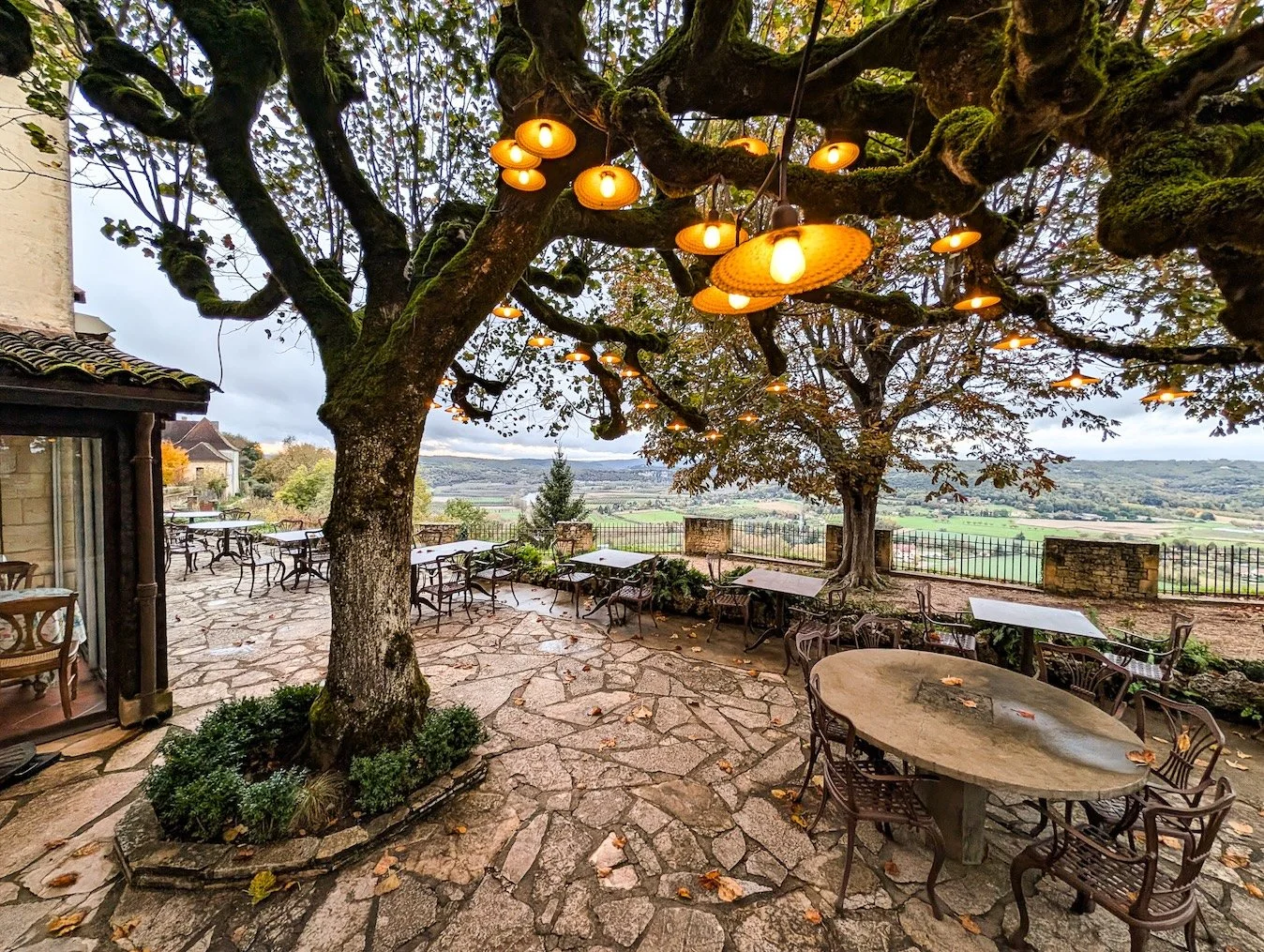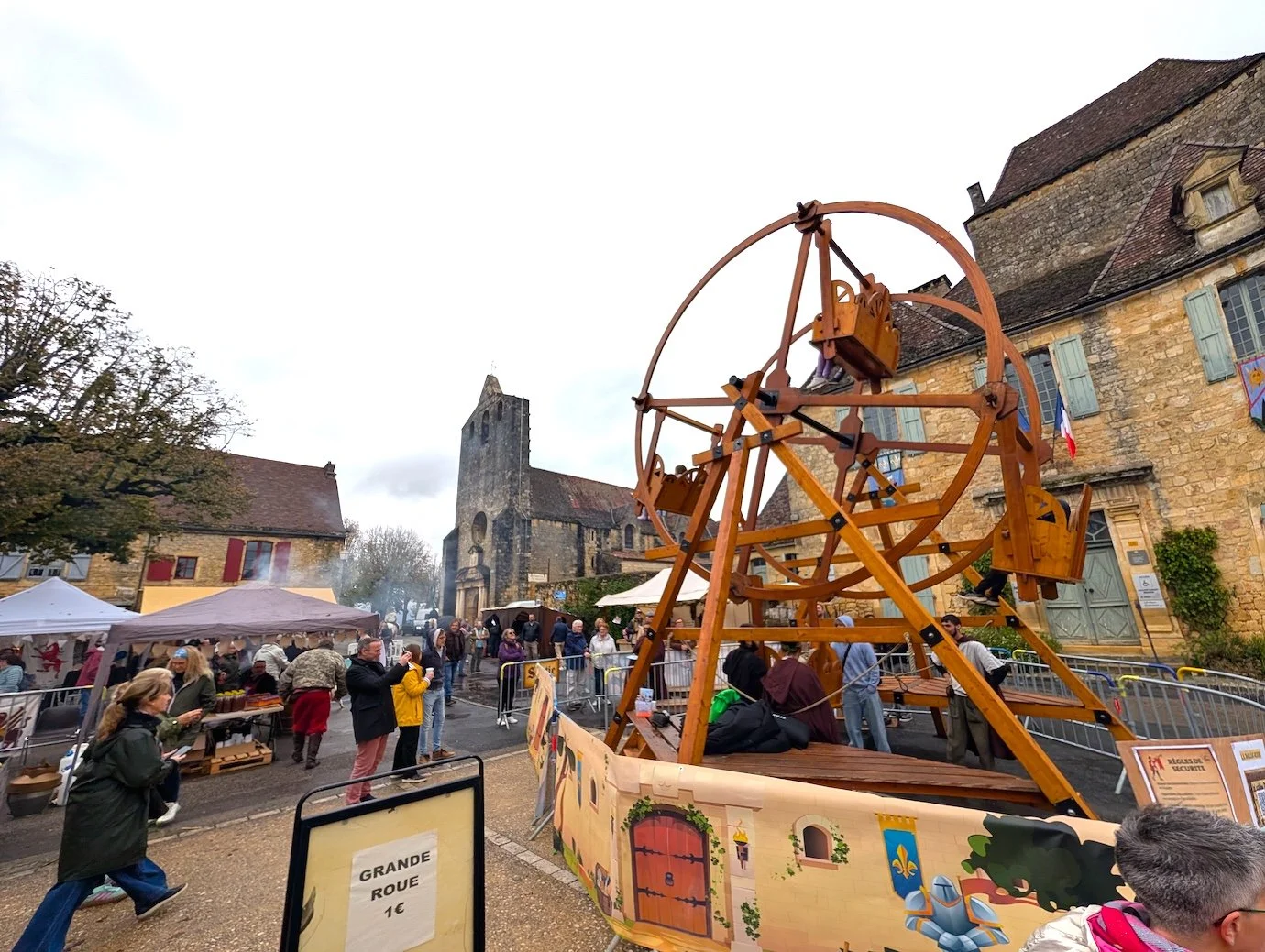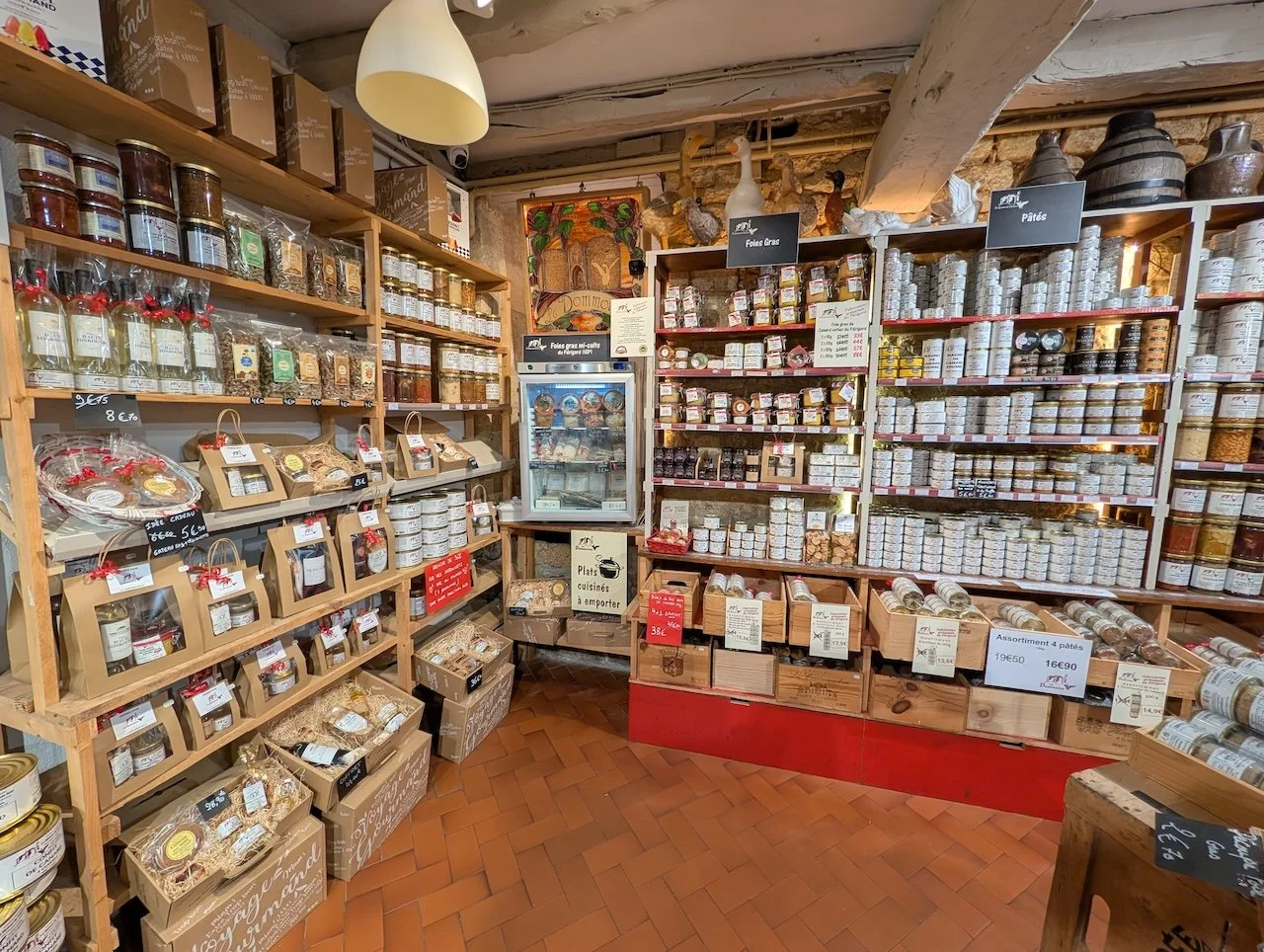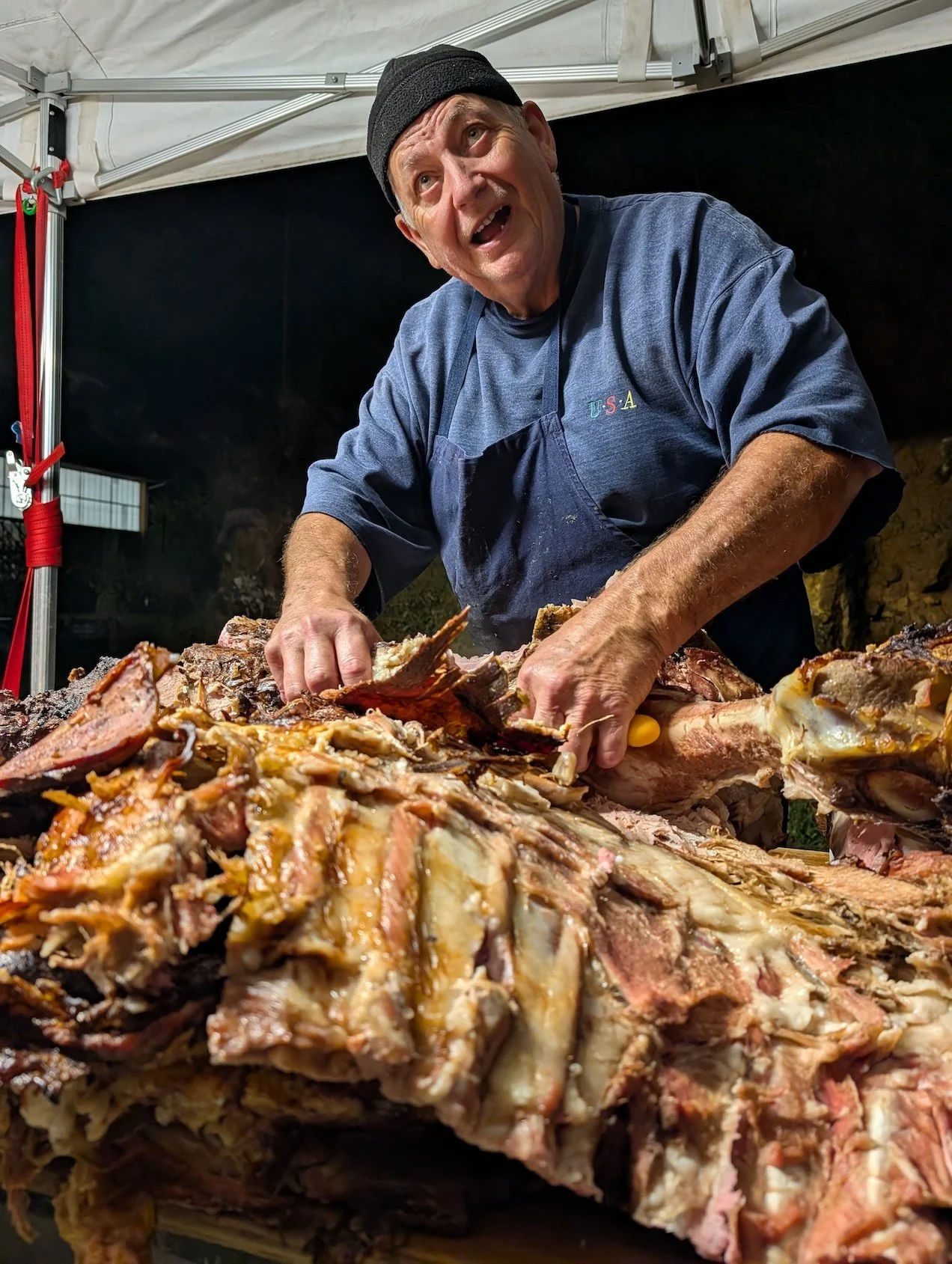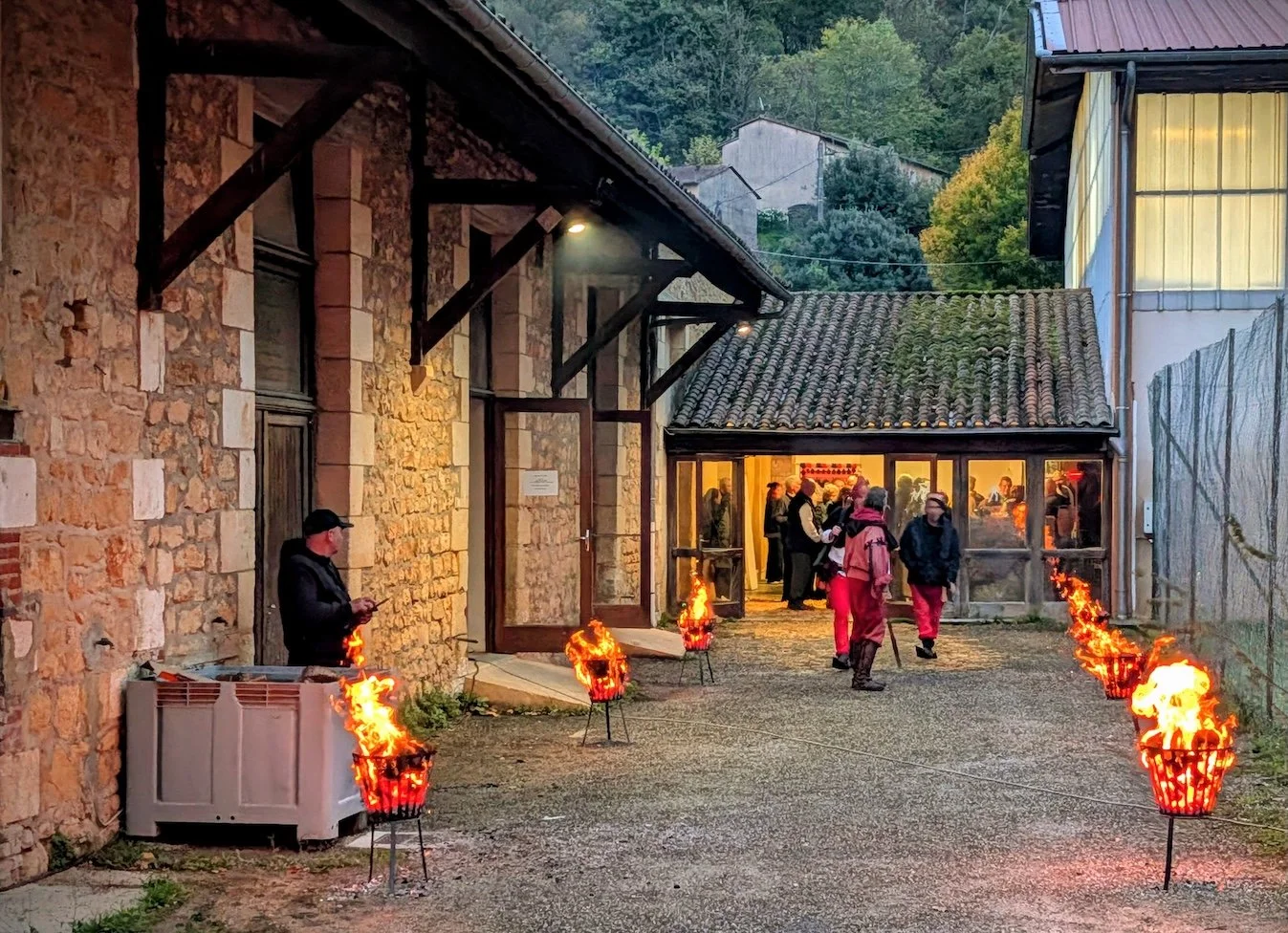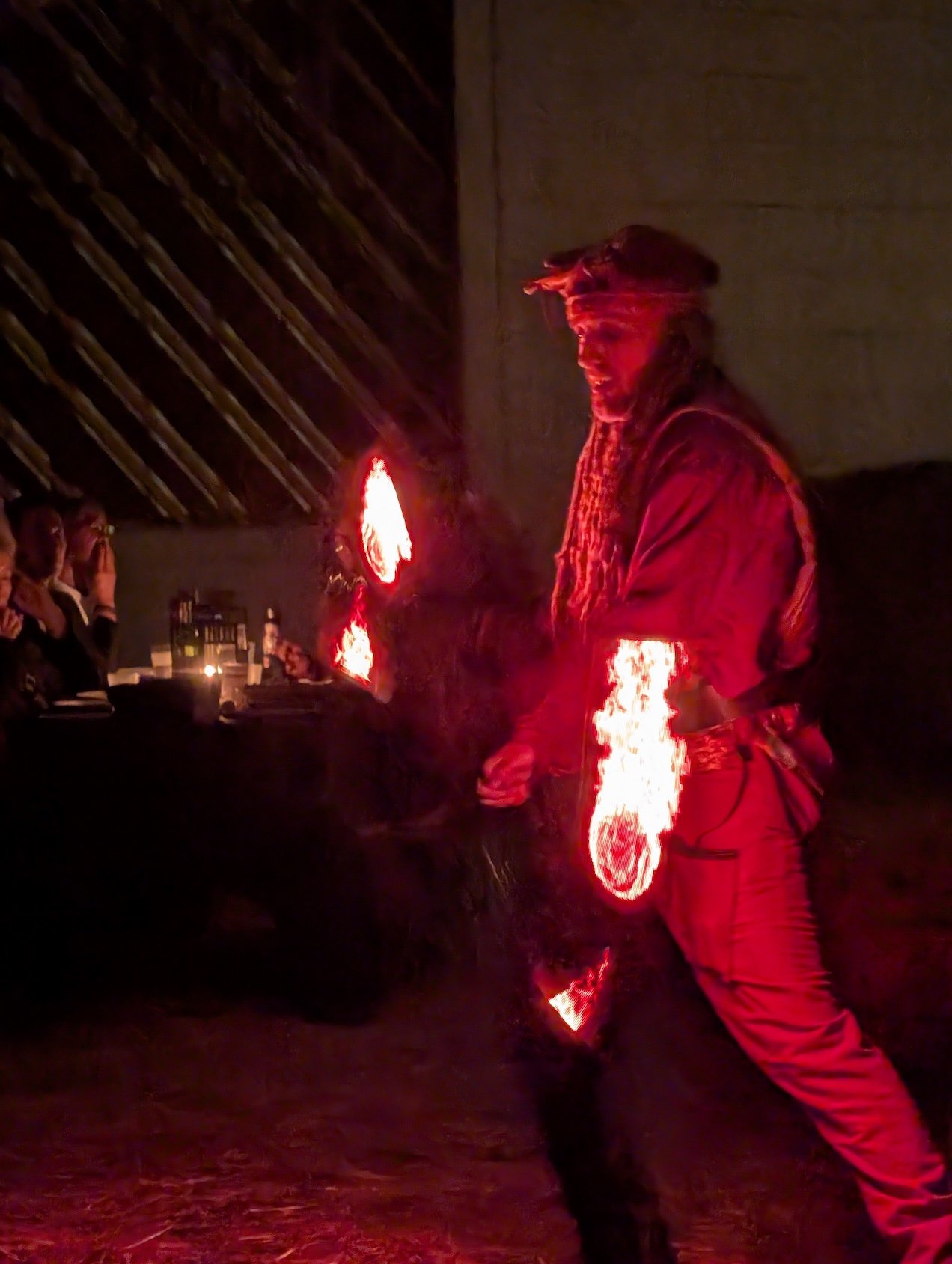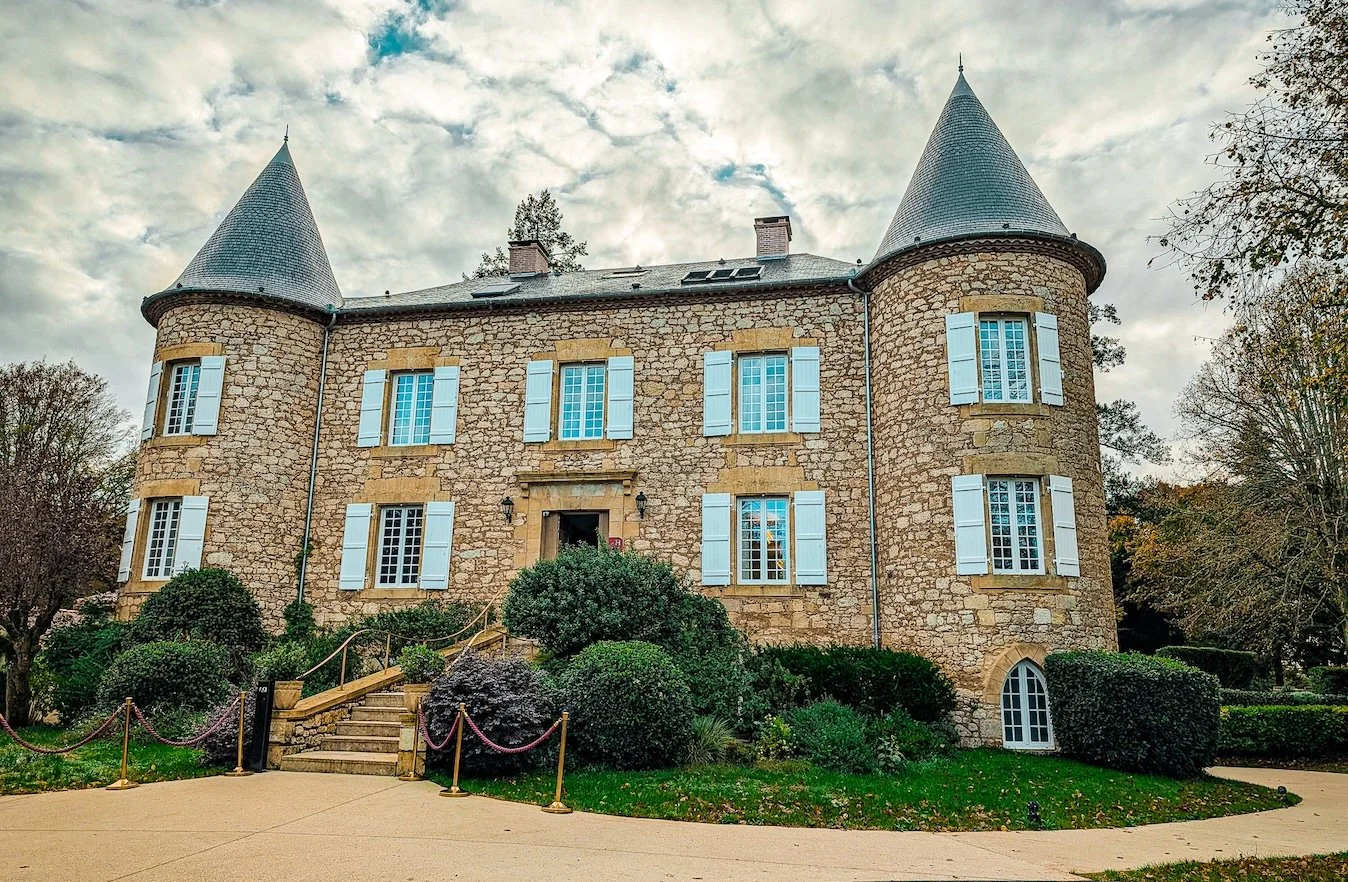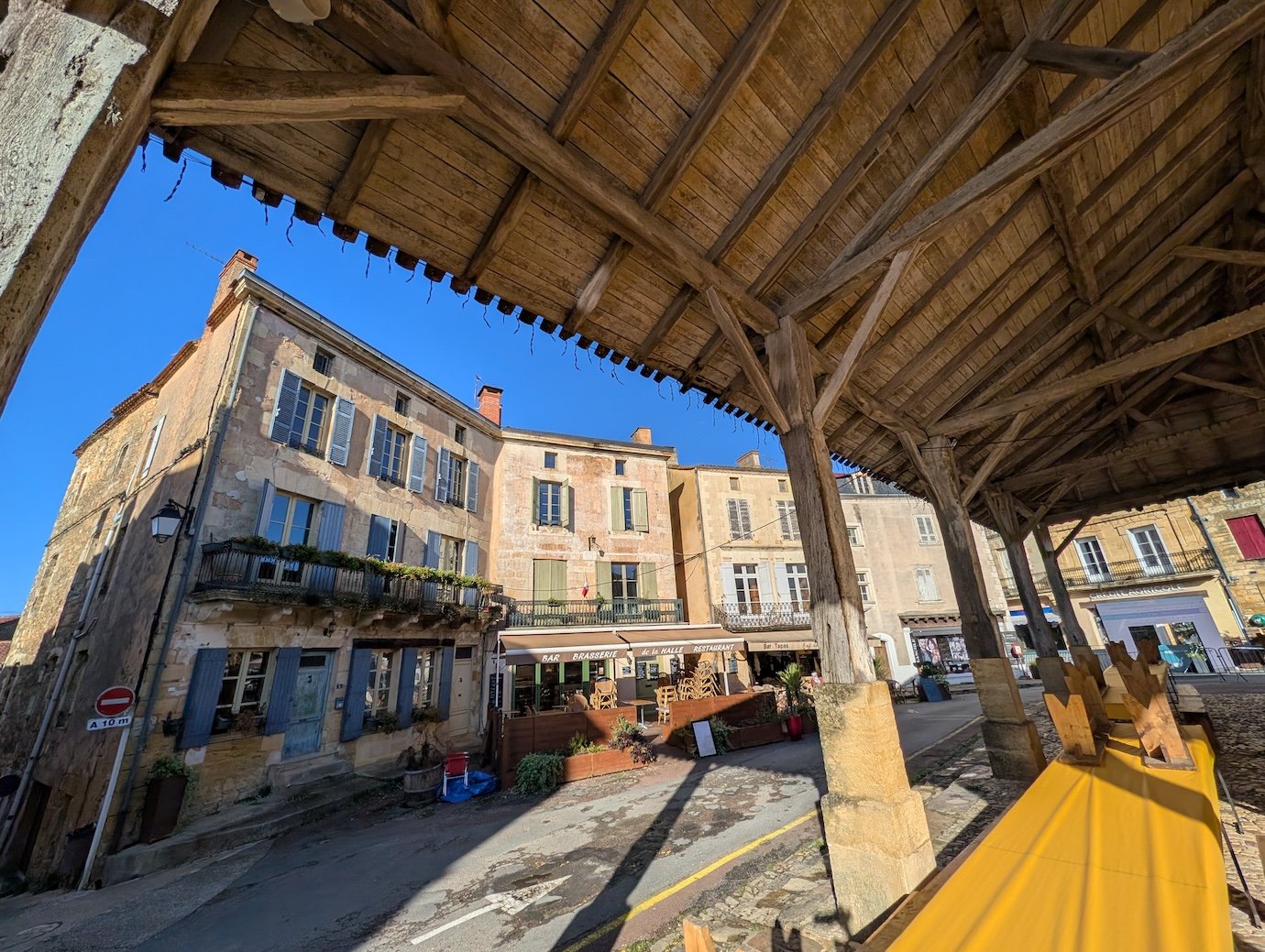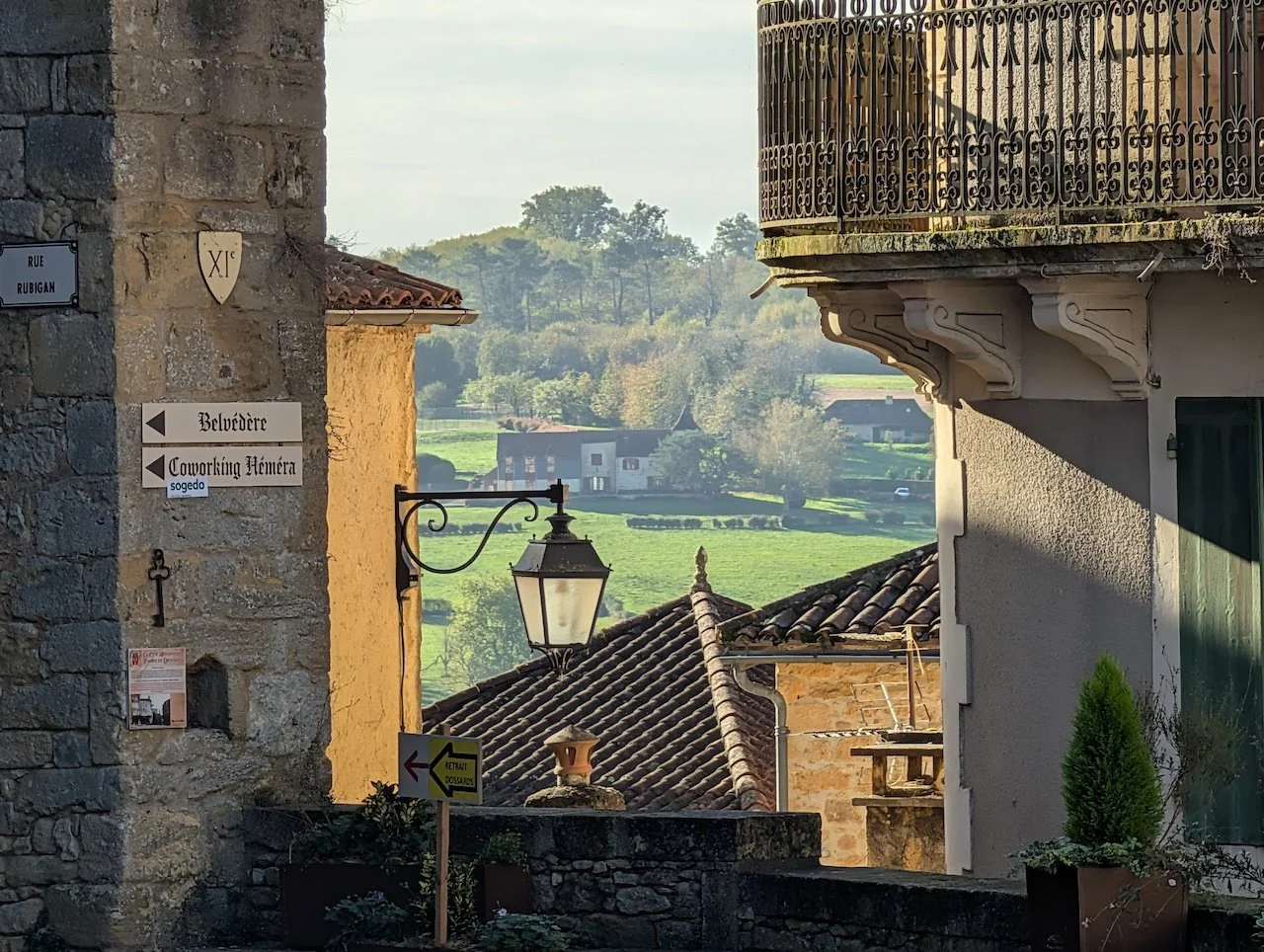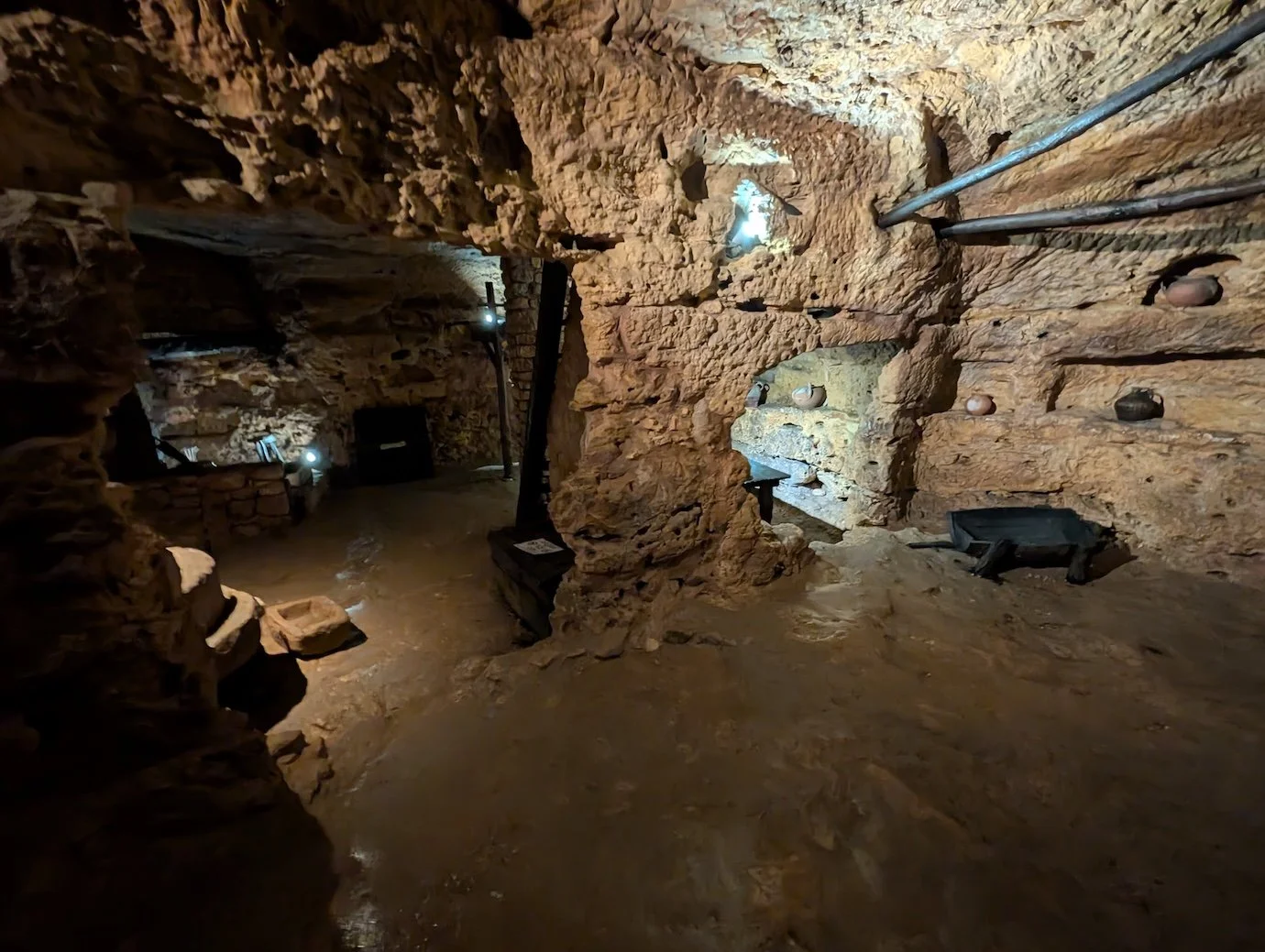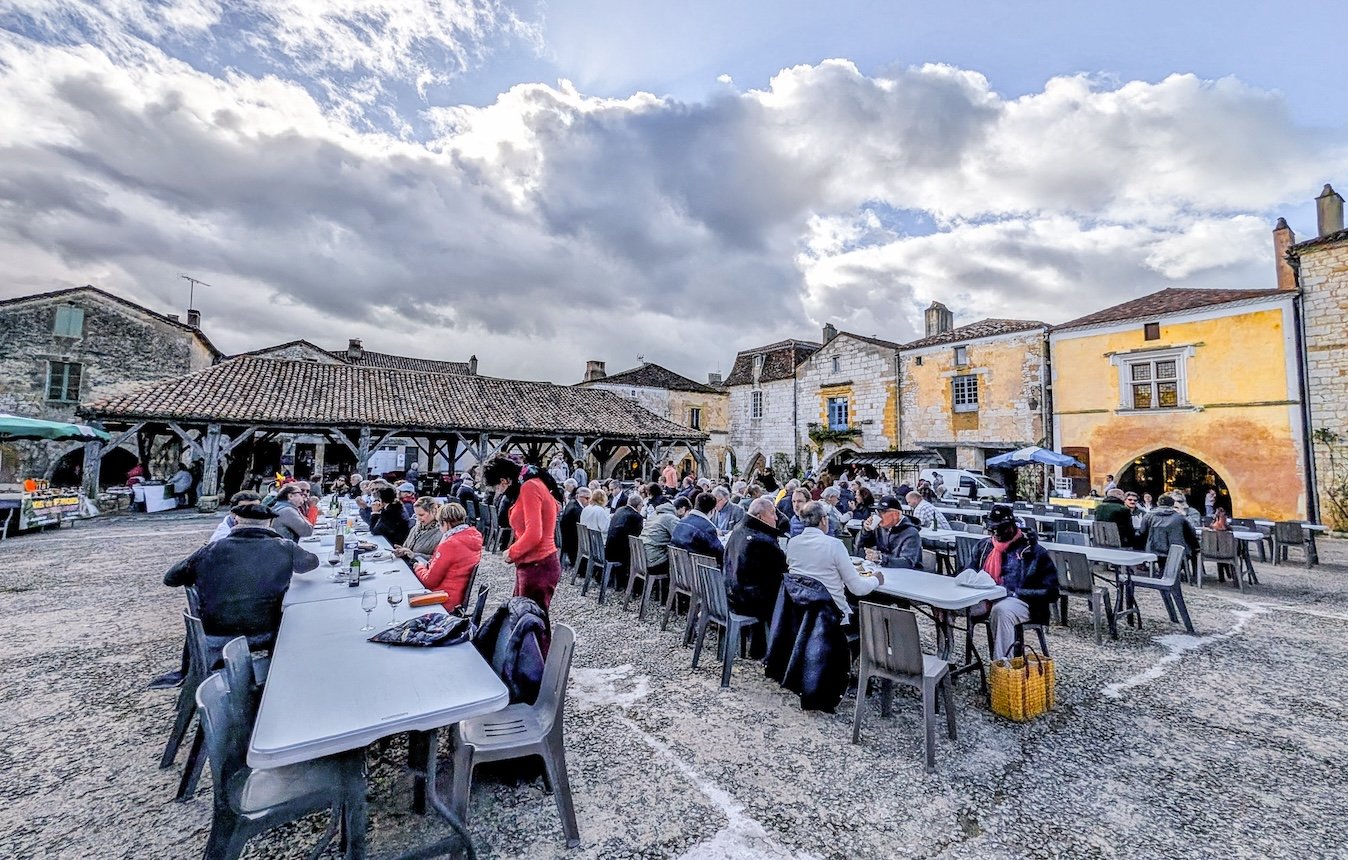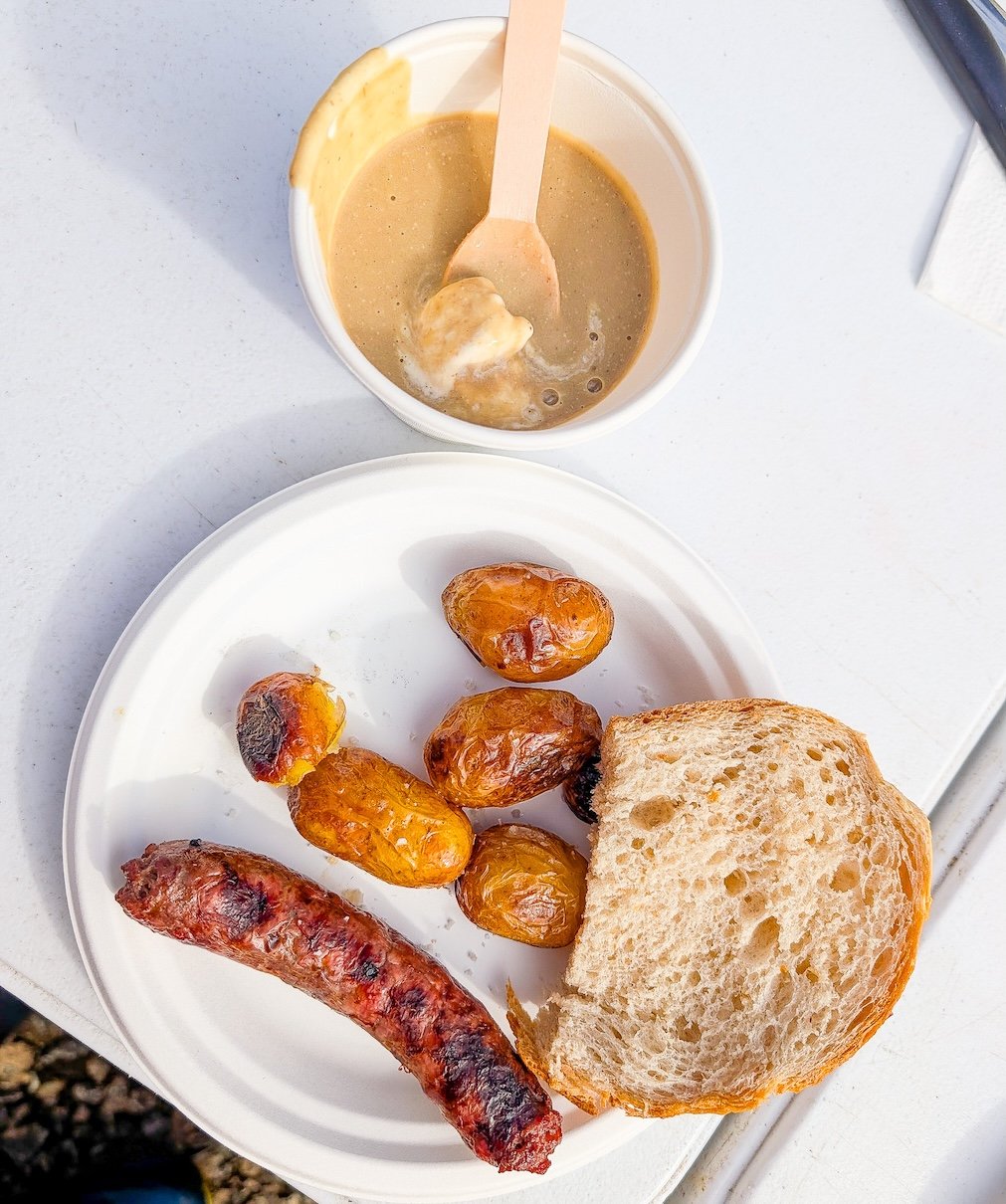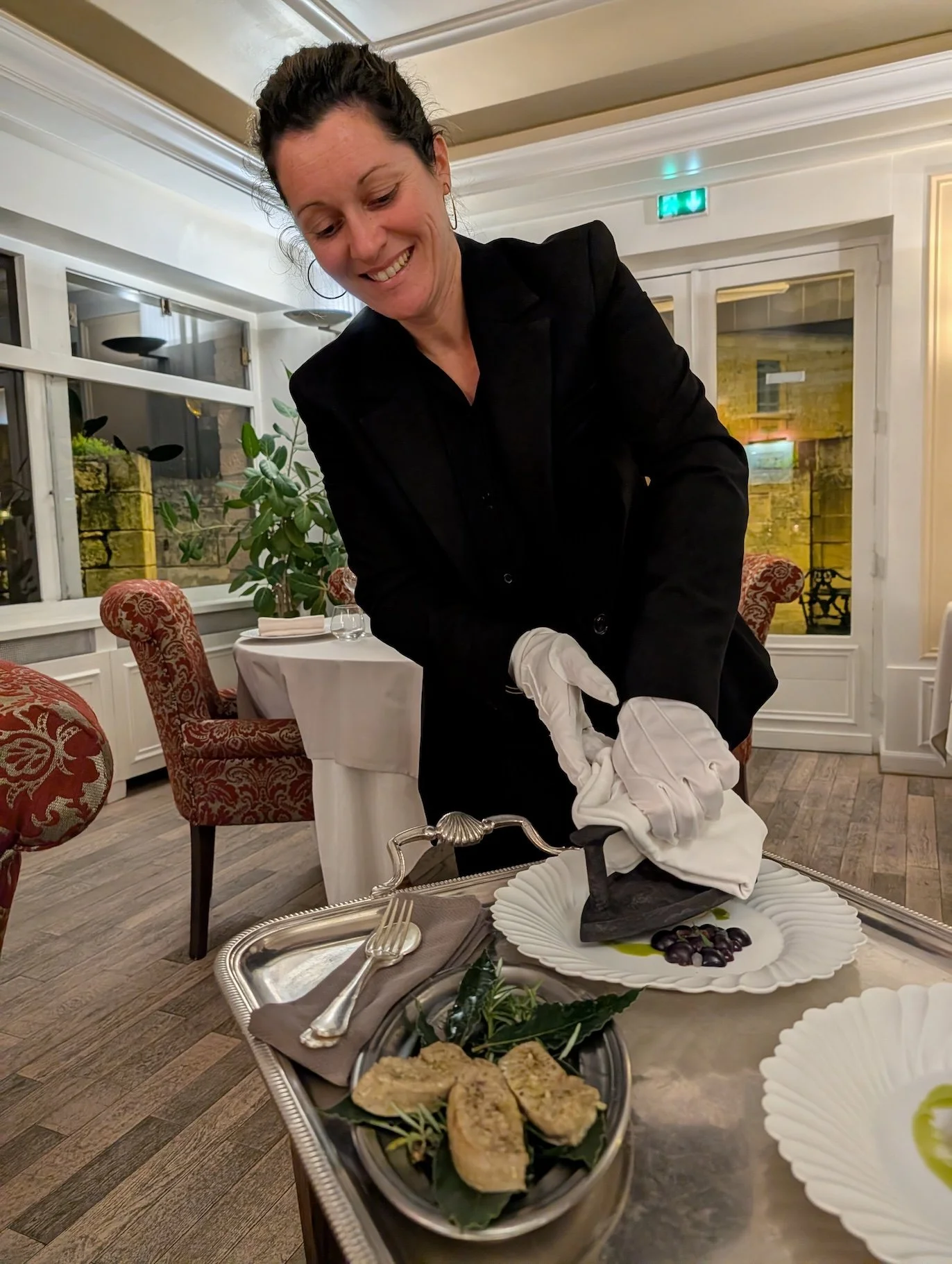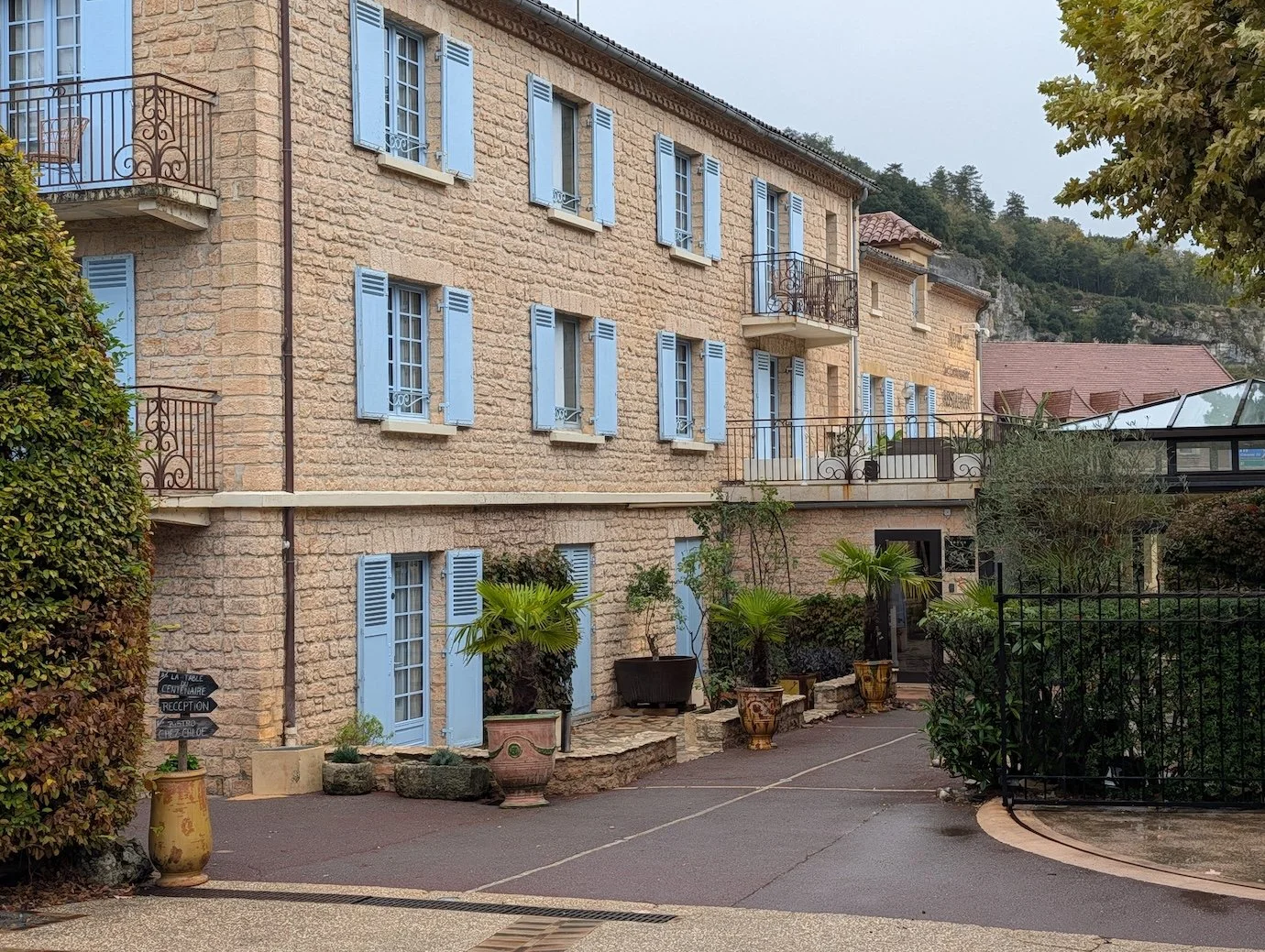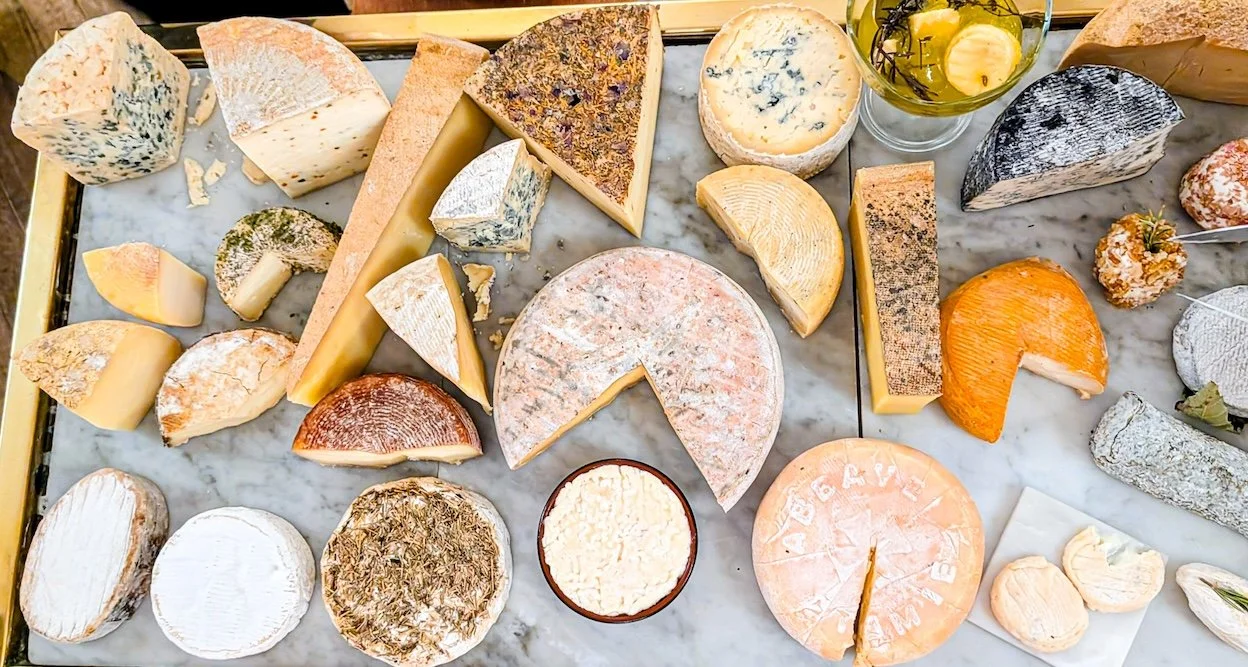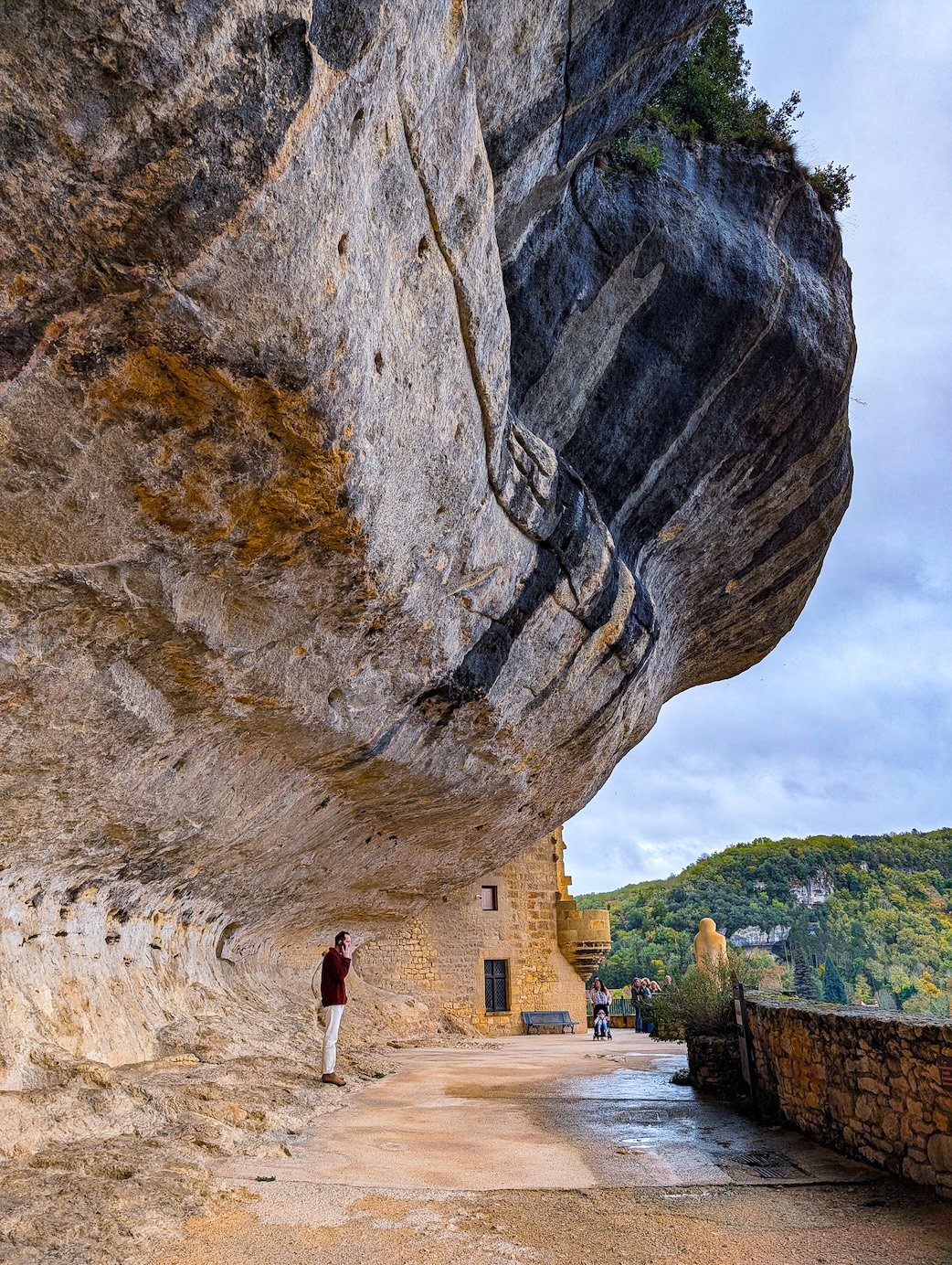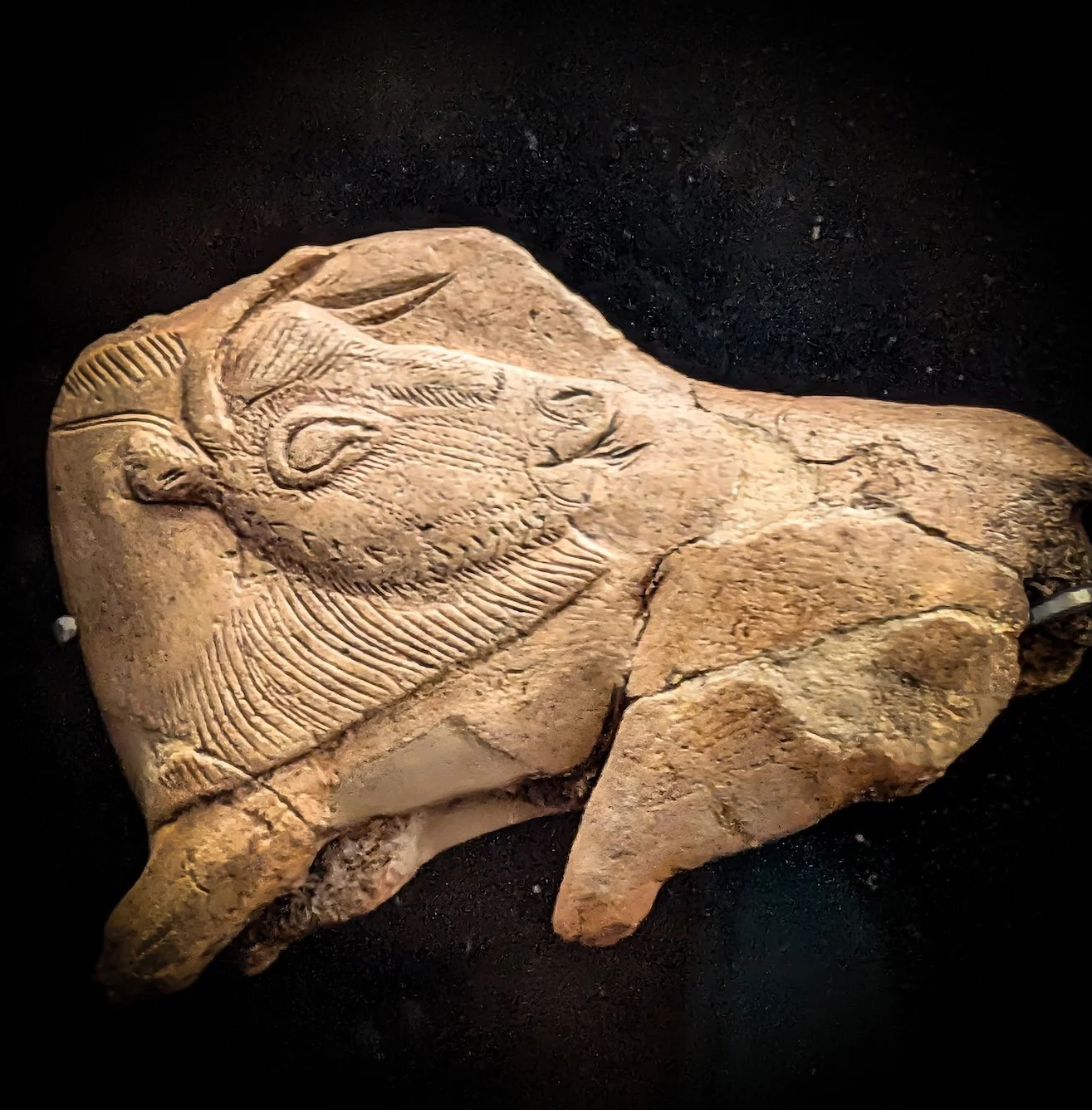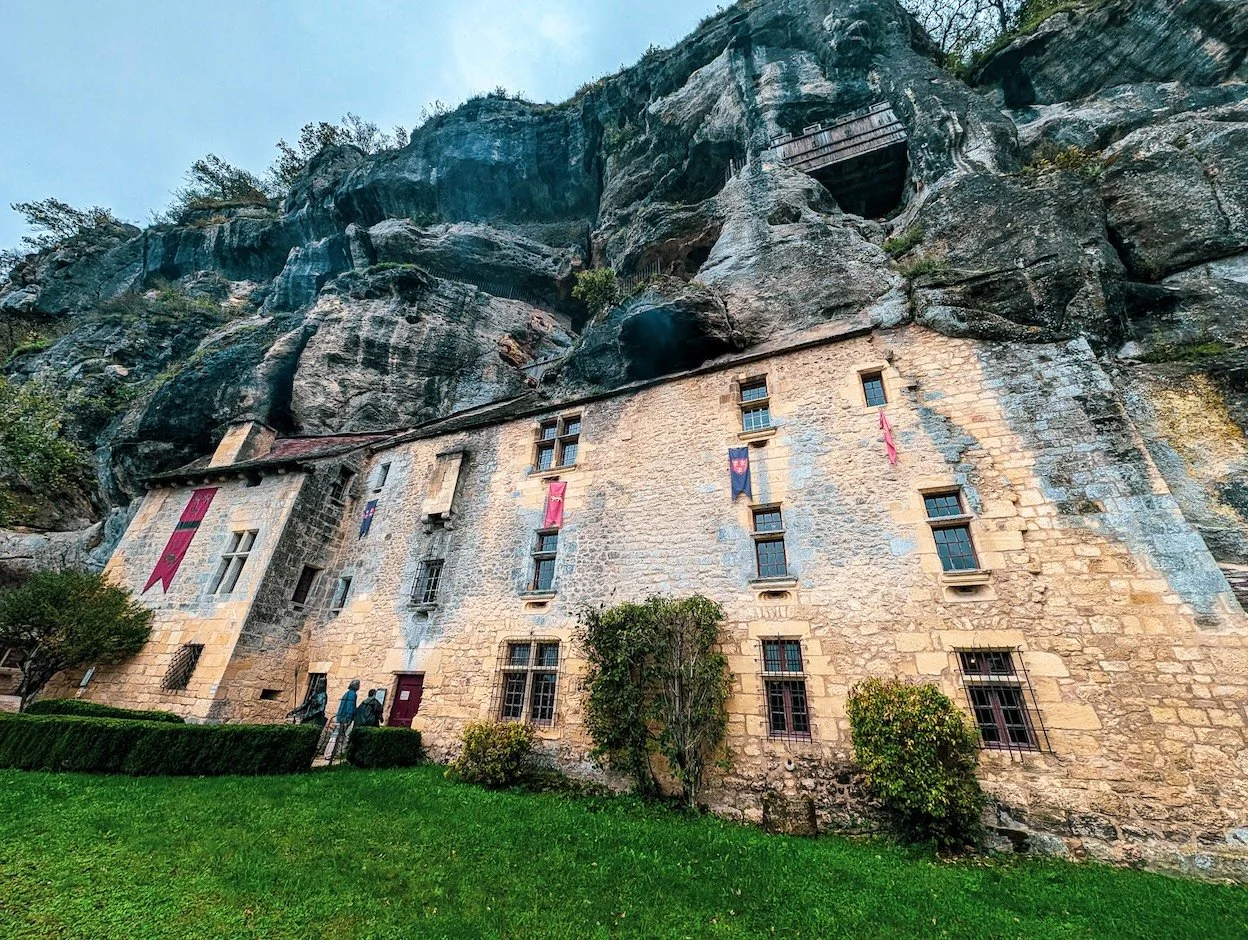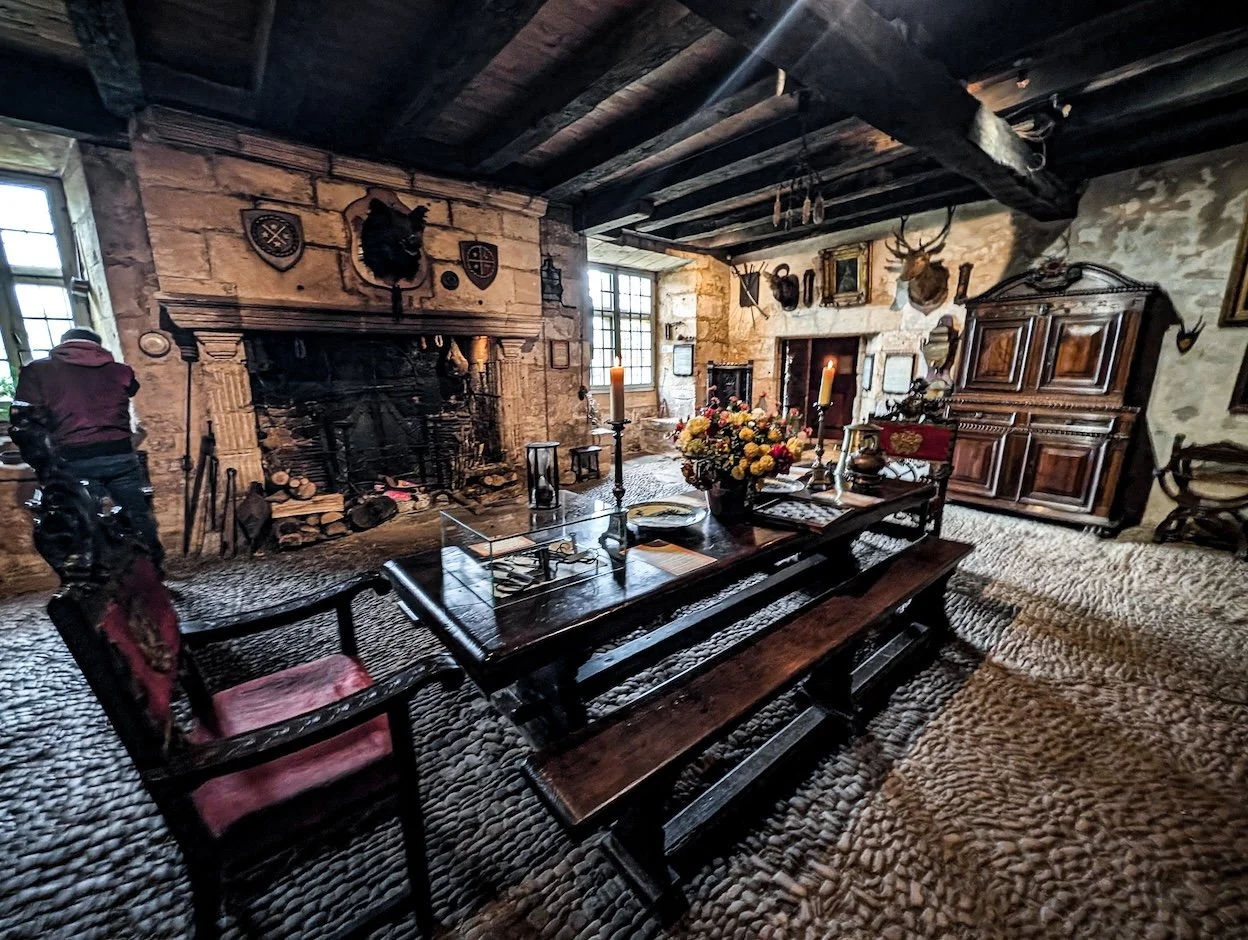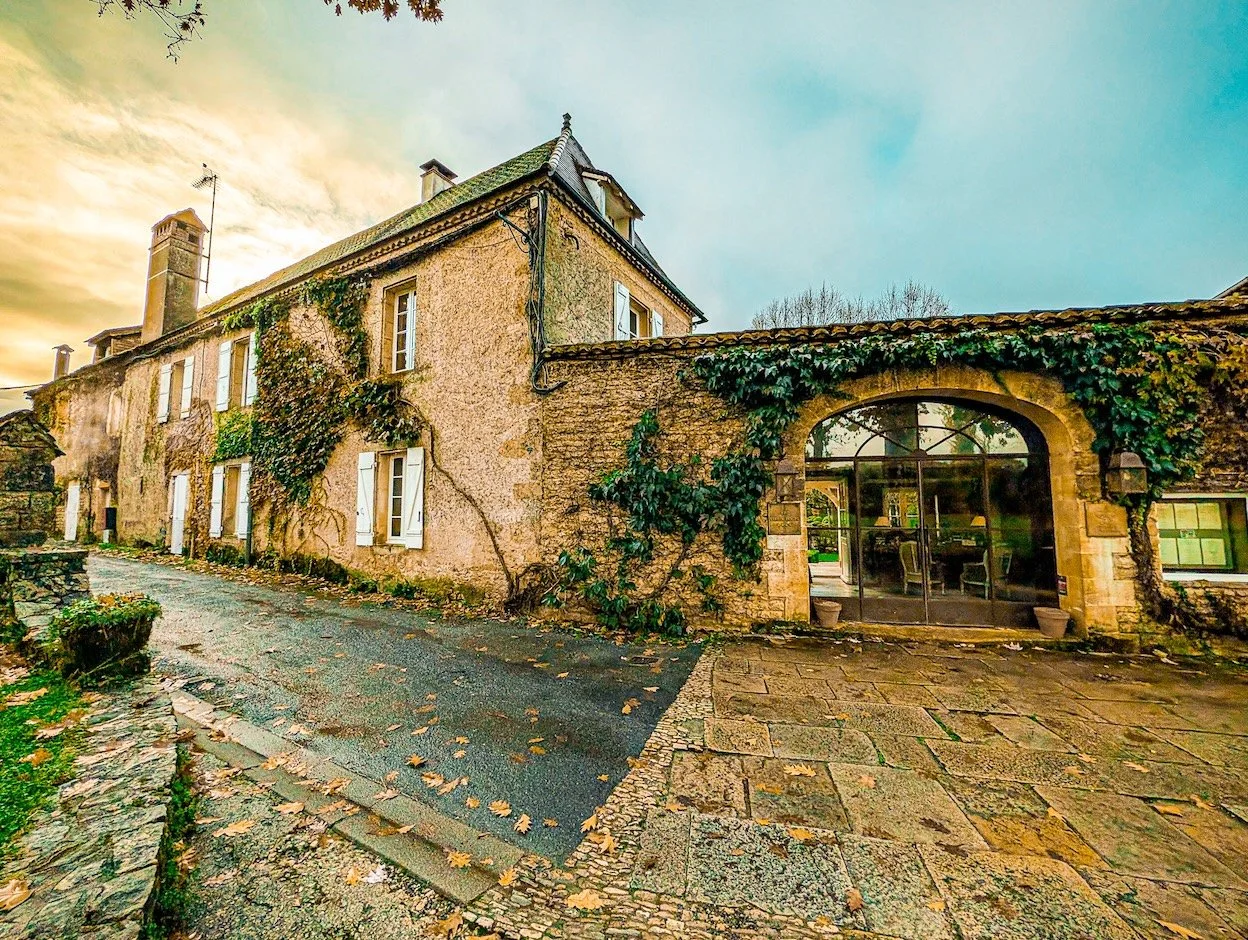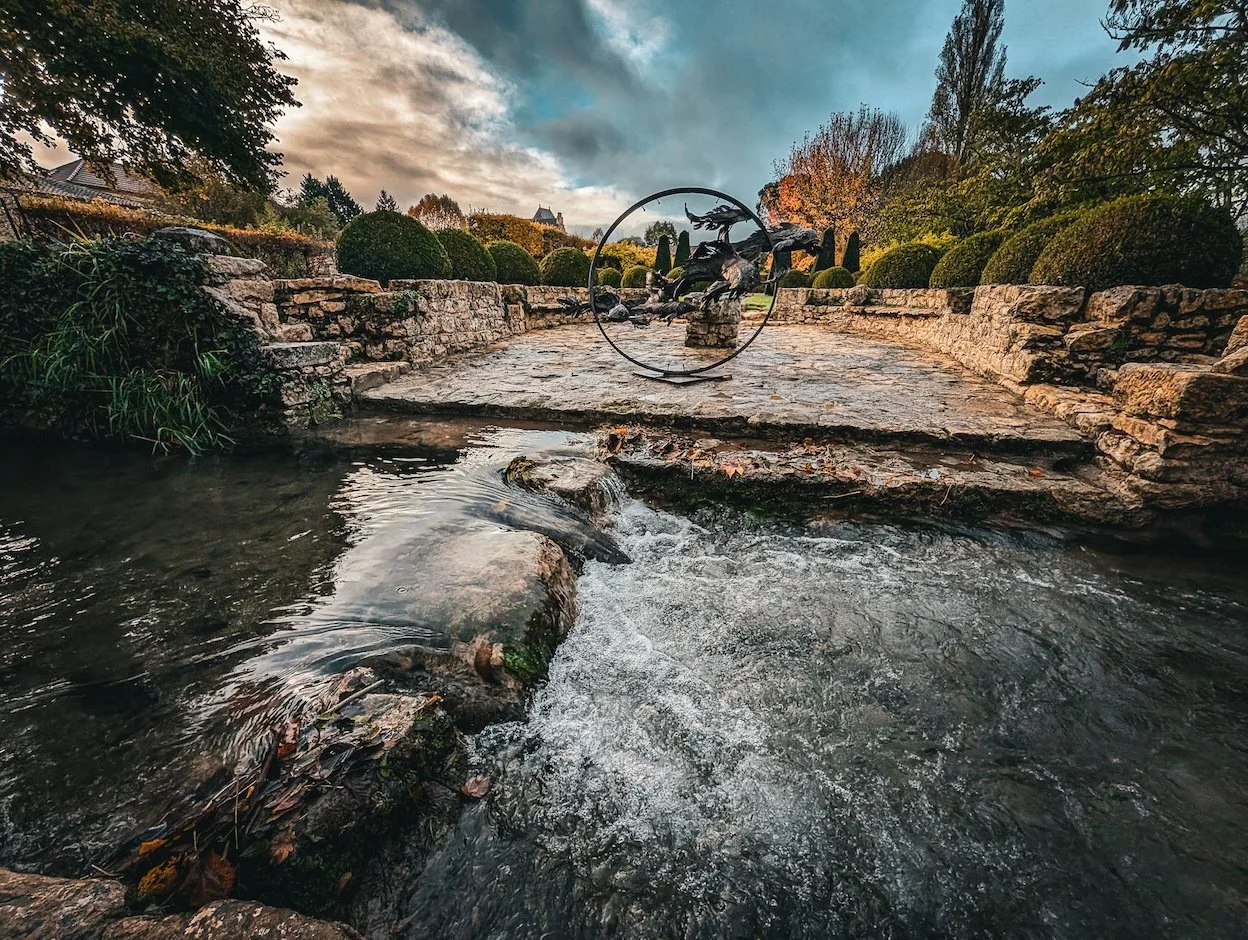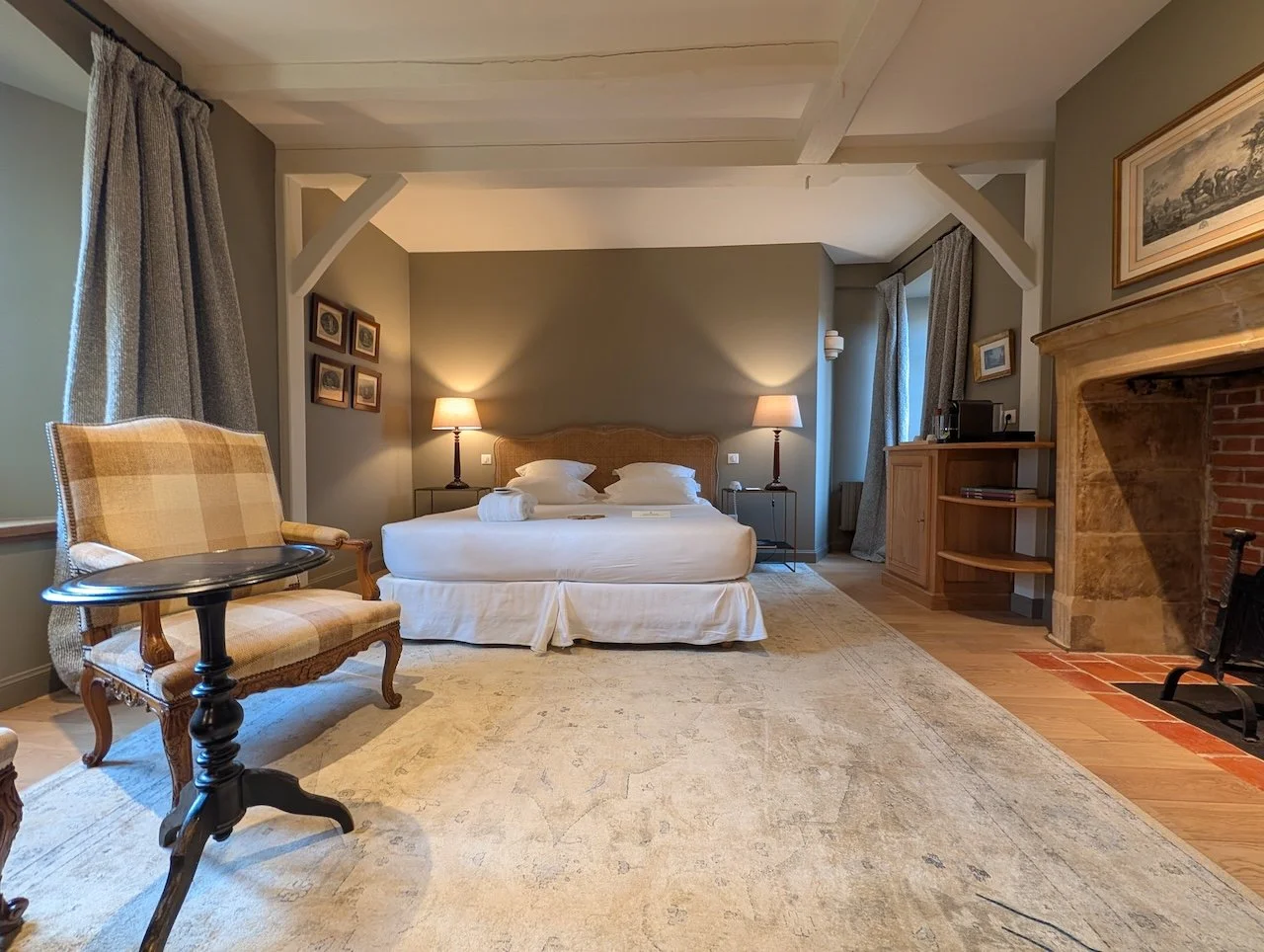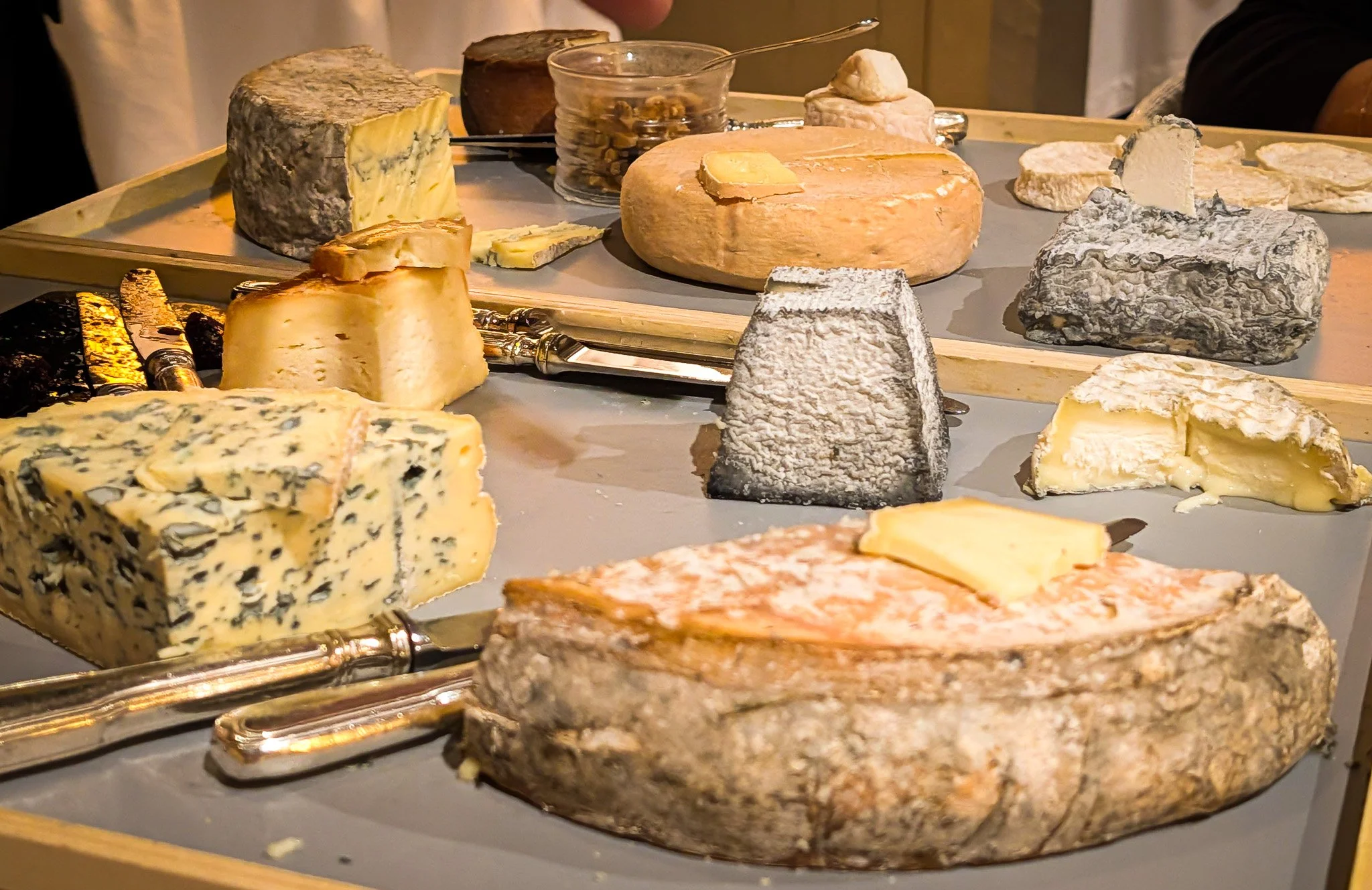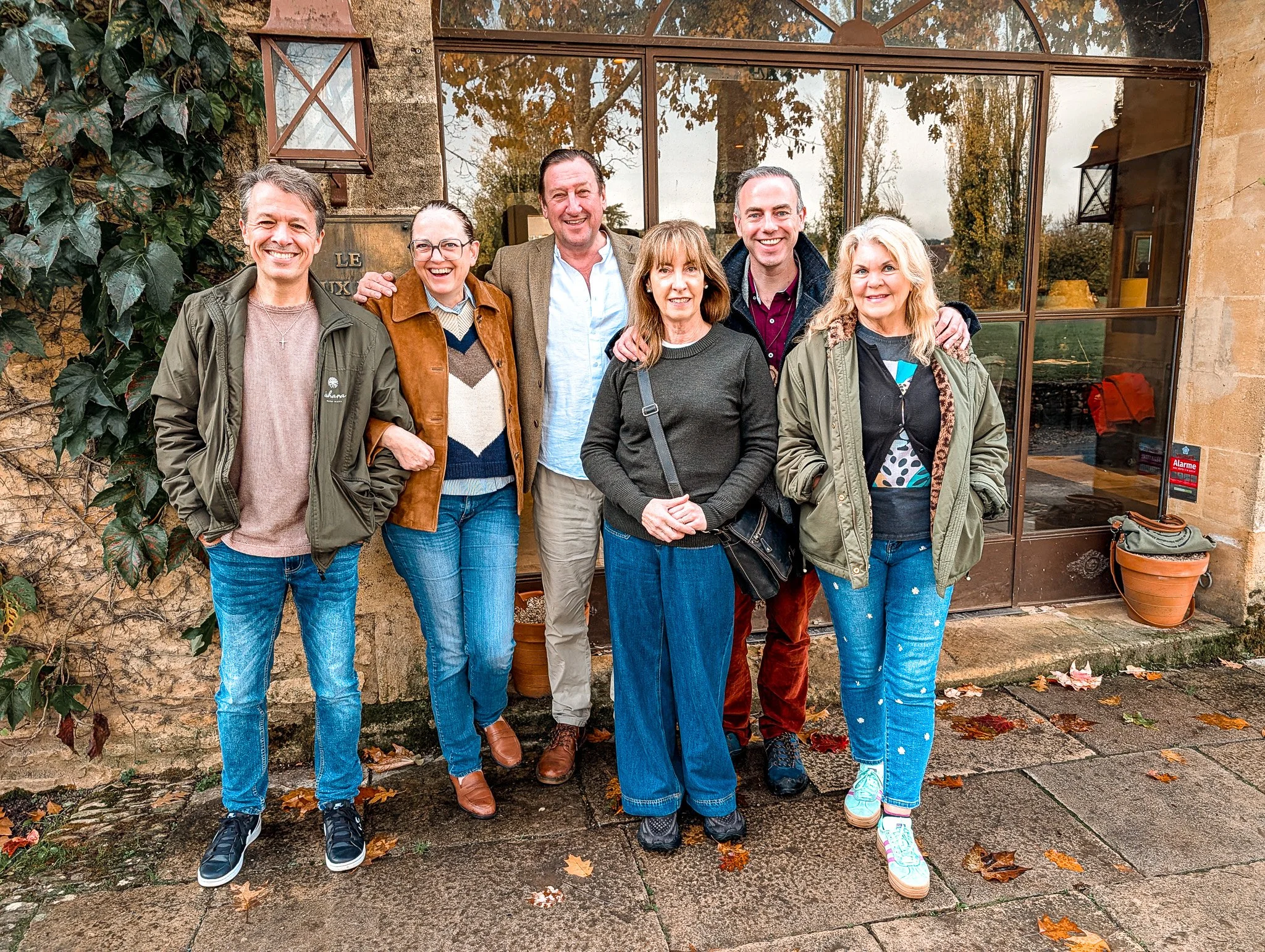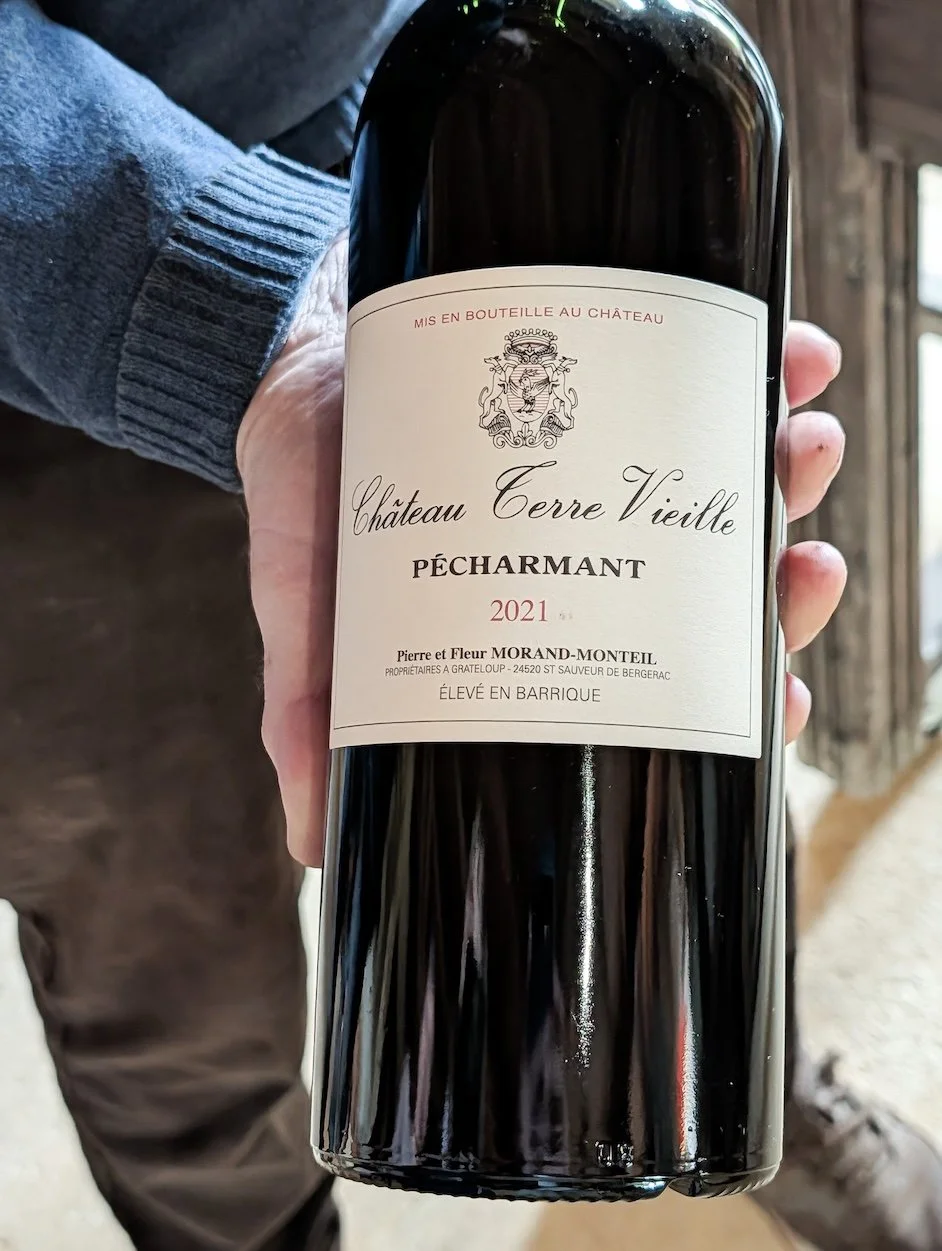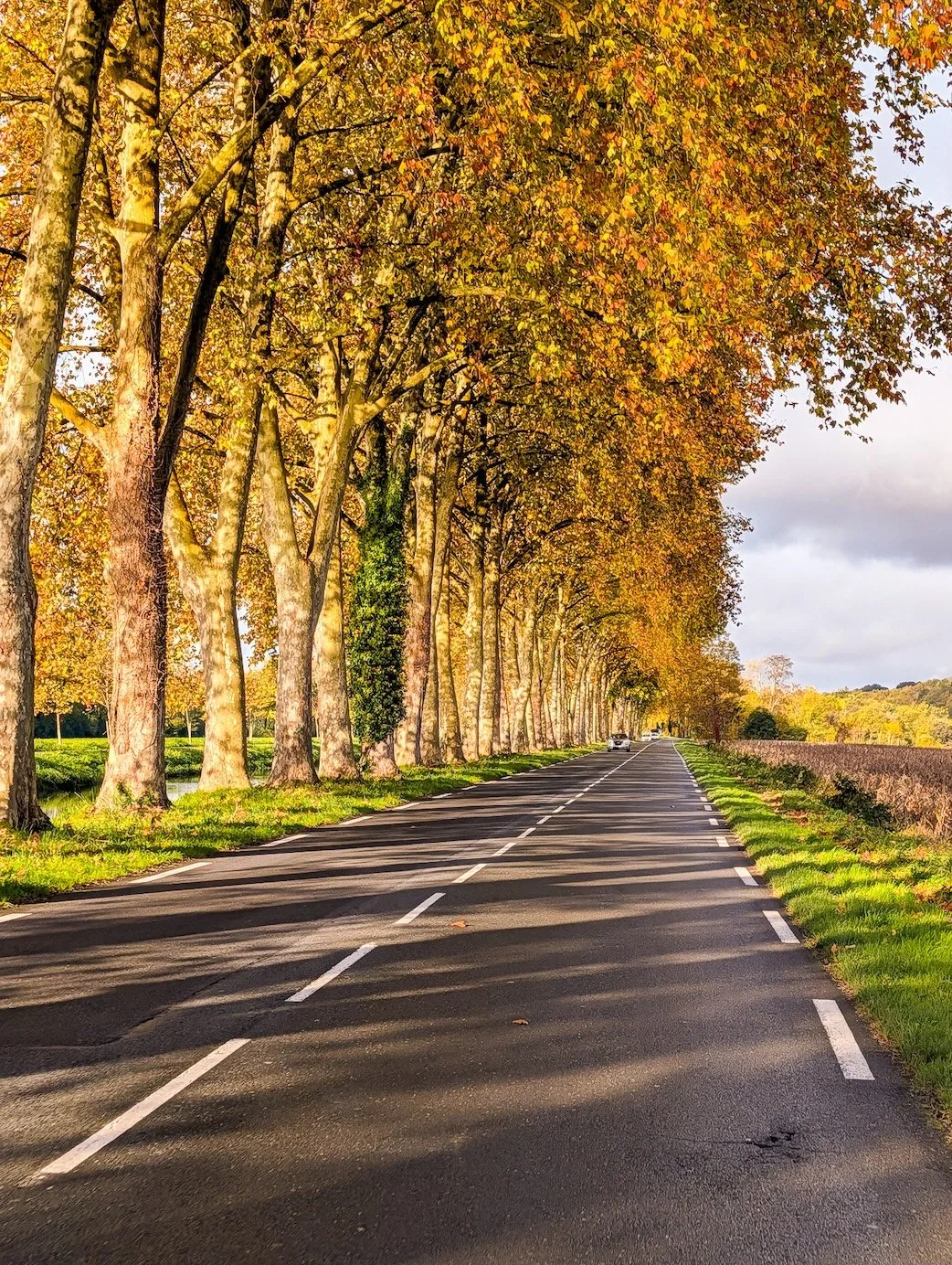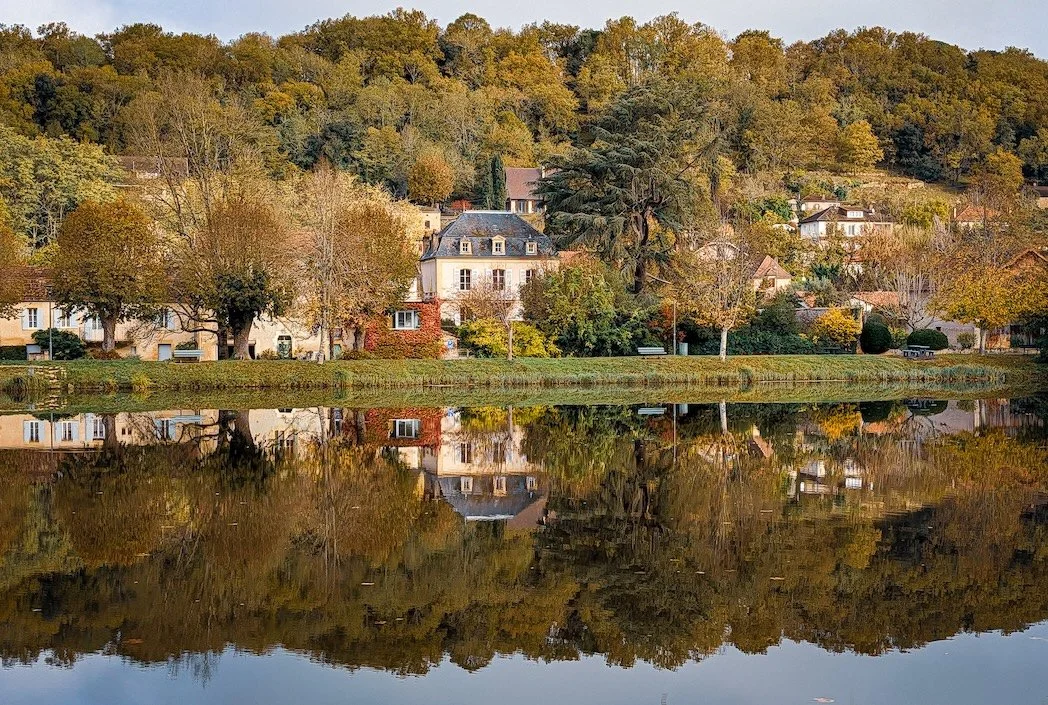Discovering the Dordogne: A Journey Through France’s Timeless Heartland
A Taste of England’s West Country — in the Heart of France
Imagine a vast area that boasts all the best bits of the West Country and very few of our less scenic zones. A place of forested hills and deep river valleys which combine to provide a rural heartland that seems to stretch on-and-on. A region so rich in history, there seems to be a castle on every knoll and evidence of prehistoric humankind somewhere near every cliff and cave.
The Dordogne River
Okay, so the Dordogne, which lies hundreds of miles south of the English Channel, does not have our dramatic coastlines — but it does have some of the best food in the world as well as a warmer, drier climate.
Perigord food, tapas style
Why the Dordogne Captivates So Many Brits
What’s not to like? Thousands of Brits have asked exactly that question and have moved down to this part of south-central France. I know several people, and not one of them has regretted the move. The latest figures show that somewhere around 40,000 Brits live in the larger Nouvelle-Aquitaine area, which includes the Dordogne.
I’m not suggesting anyone packs their bags forever, despite the cheap properties, the good wine, the amazing food and so on. But, having enjoyed a recent tour around the Dordogne, I am more than happy to recommend it as a perfect venue for a holiday in France. I say that even though it was the end of October and the weather wasn’t exactly clement all the time. The lunches and dinners alone were worth the trip.
Timeless villages in the Dordogne
The Timeless Allure of Rural France
But if you asked me to name what I loved most about this extraordinary part of France, I’d say it was the magic and excitement of being in such a vast and unspoilt rural paradise. That sense — of a forested, undulating landscape stretching on and on — somehow reminds me of a world I never knew, but wanted to know very much. By which I mean a more ancient England. An agrarian land, interlaced by thousands of tiny byways that seem to weave and wind their way into leafy infinity.
Dordogne countryside
I was on a trip with other travel journalists, so there was not much chance to go wandering off alone, but I now intend returning to the Dordogne to do precisely that. To roam without any real destination in mind. To simply follow those endless byways in the vague and dreamy notion to see where they may take me.
Exploring the Dordogne Valley: Castles, Châteaux and Country Inns
We flew to Bergerac Airport and from there drove an hour-and-a-half past the town of Vitrac for an overnight stay in the Dordogne Valley at the rather grand and extensive Domaine de Rochebois — an impressive hotel set in lovely grounds. It was getting dark by the time we arrived so we didn’t have much time to explore, but we did thoroughly enjoy a glorious four-course dinner with a local wine pairing.
Fruit salad at Domaine de Rochebois
Gardens, Foie Gras, and French Craftsmanship
The next morning we were off to the amazing Eyrignac et ses Jardins — one of the region’s most famous gardens — said to include a “masterpiece of French topiary art”. I could see why they use the term ‘masterpiece’. The seven full-time gardeners still use non-mechanical hand tools and the highly manicured gardens located high on a hill must take endless labour-hours to keep in trim.
After marching around in the rain, wondering just how fabulous the place must be in the sunshine, we were given a rather splendid lunch of foie-gras omelette at the Côté Jardin restaurant.
foie-gras omelette at the Côté Jardin restaurant
(Travel tip: If the thought of foie-gras upsets you, perhaps give the Aquitaine region a miss — it’s everywhere. Vegetarians may also find menus a little challenging, as meat dominates most dishes.)
Geese for foie gras in the Dordogne
Domme and the Bastides Festival: Medieval France in Full Colour
Bastide Festival character in Domme
Next, it was a drive to the famous village of Domme, officially designated one of the most beautiful villages in France. It is a magnificent medieval bastide, perched high above the Dordogne Valley, and we were there to help celebrate the Bastides Festival.
Domme on a rainy evening in October
What is a Bastide? In short, it is a fortified market town with a uniform, organised design, built from scratch back in the day. Domme and Monpazier are two famous examples. During the medieval period these new towns were founded to populate new areas and secure territory while stimulating trade.
Bastide Festival: Domme
Domme’s impressive gate towers still guard the village, leading visitors into the historic cobbled streets. Past the square — decked-out for the festival with a medieval fair, organic wine stalls, costumed dancers and a hand-powered ferris wheel — we reached the main attraction: the breathtaking cliff-edge view over the Dordogne Valley.
Local foods in a shop in Domme
A Community Feast to Remember
Our afternoon stretched into the evening because we had been invited to a community banquet staged in Domme as part of the Bastides Festival. I’ve been to quite a few community suppers here in the UK, but this was in a different league.
Barbecuing veal - Domme Bastide Festival
More than 250 locals turned up for the excellent four-course meal prepared by members of the community — wild mushroom soup, salmon en croûte and a hog-roast (with veal calf). There were musicians, medieval dancers and fire-eaters.
Château Stays and Hidden Villages
This extravaganza was followed by an overnight stay at the charming Château de Maraval, a boutique hotel set in a small, classic French manor house. The exterior exuded the area’s rich history, while the interior offered contemporary luxury. Set in lovely wooded gardens, it makes an ideal base for anyone visiting the area.
The charming Château de Maraval
Next morning our trip continued with a drive to Belvès, otherwise known as “the village with seven bell towers”. Beneath its main square lies a network of ancient cave dwellings once home to the poor — an extraordinary glimpse of medieval life.
Lunch was enjoyed after yet another journey through the countryside — this time to Monpazier, where a producers’ market was taking place. We joined locals in the ‘cantine de campagne’ in the main square, enjoying a hearty autumn dish of cep-and-chestnut soup, barbecued potatoes, sausage, and chestnuts.
The ‘cantine de campagne’: Monpazier
cep-and-chestnut soup, barbecued potatoes, sausage, and chestnuts
Underground Wonders and Prehistoric Treasures
The afternoon featured a visit to the Grotte de Maxanges, known for its remarkable and eccentric stalactites and stalagmites, followed by dinner and an overnight stay at the Hôtel Restaurant Le Centenaire in Les Eyzies.
Amazing cheeseboard: Hôtel Restaurant Le Centenaire in Les Eyzies.
Just across the road stands one of Europe’s most fascinating museums: the Musée National de Préhistoire, set into a cliff face in Les Eyzies-de-Tayac-Sireuil, in the Vézère Valley — often called the “Capital of Prehistory”. The museum holds one of the world’s largest collections of prehistoric artefacts, spanning over 400,000 years of human history.
Terrace at the Musée National de Préhistoire
Bull looks over its shoulder- one of the prize exhibits at Terrace at the Musée National de Préhistoire
Maison-forte de Reignac and the Art of Survival
We continued along the river valleys for a guided tour of the Maison-forte de Reignac, a semi-troglodyte museum also set in a cliff. This extraordinary place, once both home and fortress, offers a vivid glimpse into how people lived — and survived — across centuries in this wild region.
Interior: Maison-forte de Reignac
Luxury and Gastronomy at Le Vieux Logis, Trémolat
They say leave the best until last — and we did. The hotel Le Vieux Logis in Trémolat is one of the celebrated Relais & Châteaux properties — an absolute gem. Once a 16th-century priory and agricultural estate, this luxurious Dordogne hotel offers elegant rooms, tranquil gardens, and Michelin-starred dining.
The hotel Le Vieux Logis in Trémolat
Winter gardens: Le Vieux Logis in Trémolat
The meal, led by a chef renowned for his mastery of local flavours, was a revelation: river fish, truffle, foie gras — dishes that told the story of Périgordian cuisine at its best.
A Final Toast in Pécharmant
On our way to the airport next morning, we stopped at the Château Terre Vieille, a Pécharmant vineyard where owner Gérôme Morand-Monteil treated us to a spectacular Perigord-style tapas lunch.
Château Terre Vieille, a Pécharmant vineyard
Even writing those last three words has made me hungry. Penning the article, however, has made me yearn for a return visit to the rustic, remarkable, adorable Dordogne.
Bottle of Château Terre Vieille
✦ FACT FILE: Dordogne Travel Guide
General Information
👉 Dordogne Tourism Official Site
Getting There
✈️ Bergerac Airport: https://www.bergerac.aeroport.fr/
Recommended Dordogne Hotels
Top Heritage and Cultural Sites
Eyrignac et ses Jardins – https://www.eyrignac.com/en/
Domme – https://www.domme.fr/domme.html
Musée National de Préhistoire – https://musee-prehistoire-eyzies.fr/
Maison‑forte de Reignac – https://www.maison-forte-reignac.com/en/
Many a Dordogne road looks like this one
✦ FACT FILE: Airport Parking & Travel Tips
Martin flew from Stansted and parked with Holiday Extras — the UK’s market leader in airport parking, hotels, lounges, and transfers.
Last year its customers saved an average of £196 per trip by booking their airport parking in advance. Booking early means you can enjoy more holiday with less hassle. With Flextras, if you need to cancel or amend, you can do so free of charge.
🔗 HolidayExtras.com | ☎️ 0800 316 5678



